





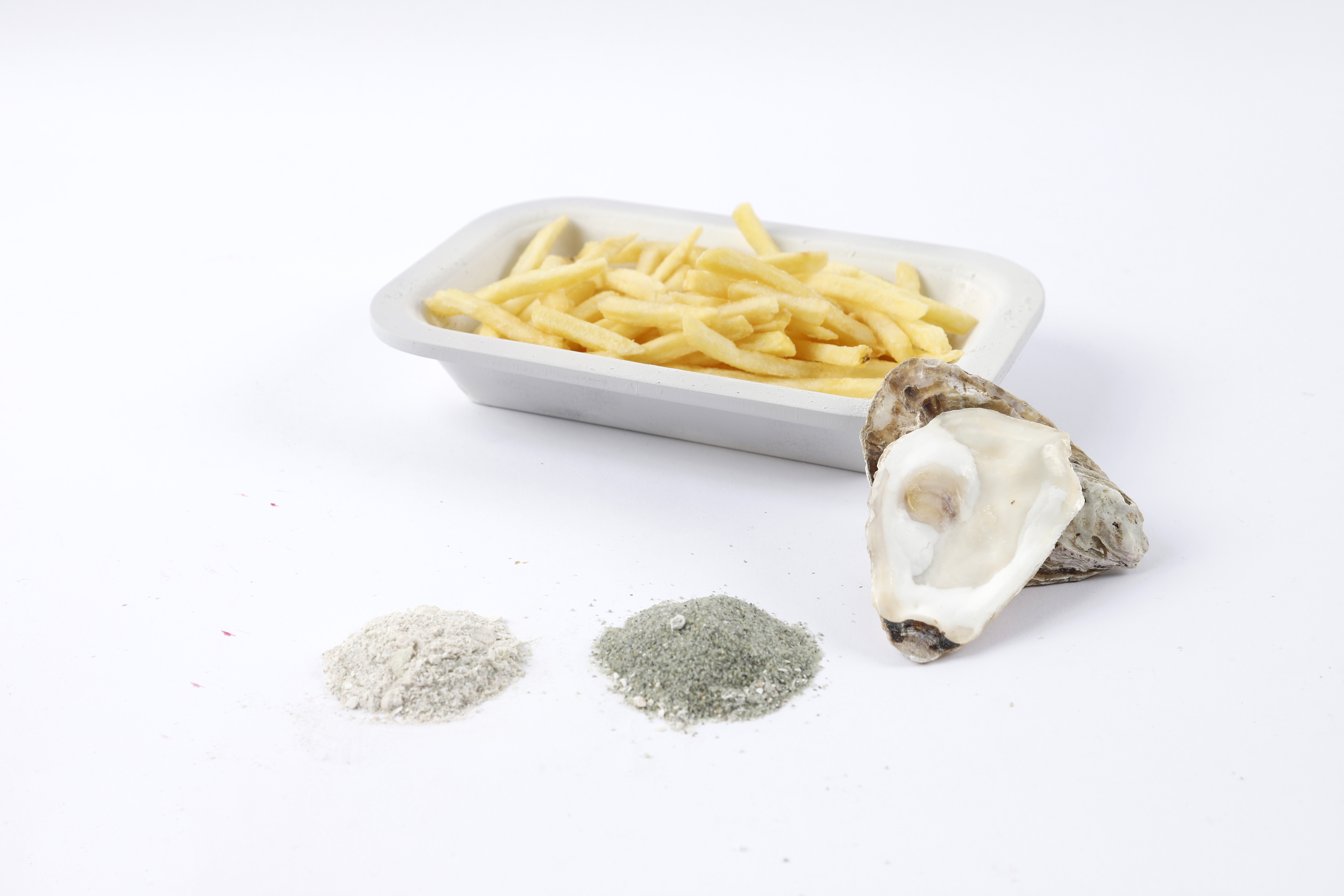
Post-Enlightenment Prize
A drop in the Ocean
Individual
Description
A takeaway chips tray made out of carbon capturing materials to counter ocean acidification at an individual scale.
Detailed explanation of the submitted project or idea.
Over absorption of atmospheric carbon dioxide by the ocean lowers the ocean’s pH, causing a 30% increase in ocean acidity since the industrial era. Scientists, policy makers, and engineers have been, for the past decades, researching on solutions to the issue, grouping these into what is called Ocean Negative Emission Technologies – these propositions need financial help from Governments and years of planning to be put in place. So how could we, as a collective, help with ocean ecosystems regeneration from an individual to a global scale ? This project tackles the issue of Ocean Acidification by replacing fossil fuel based materials used for takeaway trays with CO2 capturing materials (oyster shells), CO2 absorbing minerals (Olivine) and seaweed, to help marine ecosystems at its end of life. These ingredients are food safe and do not impact the food taste either. After use the object is made to be left on the beach to act as a deacidifying agent for the marine ecosystems. It will take 14 days to dissolve, so it will not cause any “visual harm” to the surrounding environment either. If the 7.87 Billion people on Earth started using this product as much as people use traditional plastic objects on the beach, we could collectively act as a global agent for deacidification all around the world.
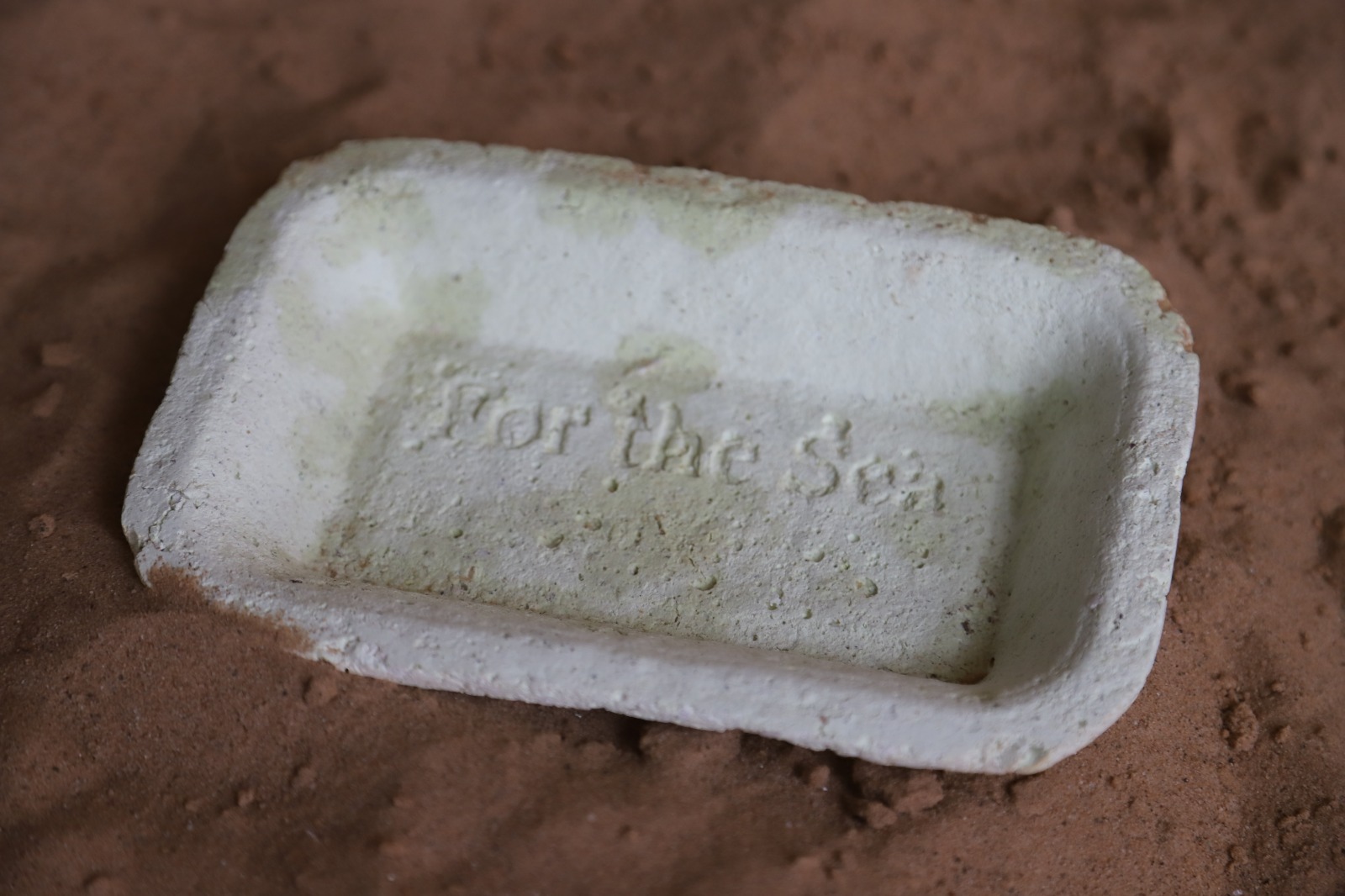
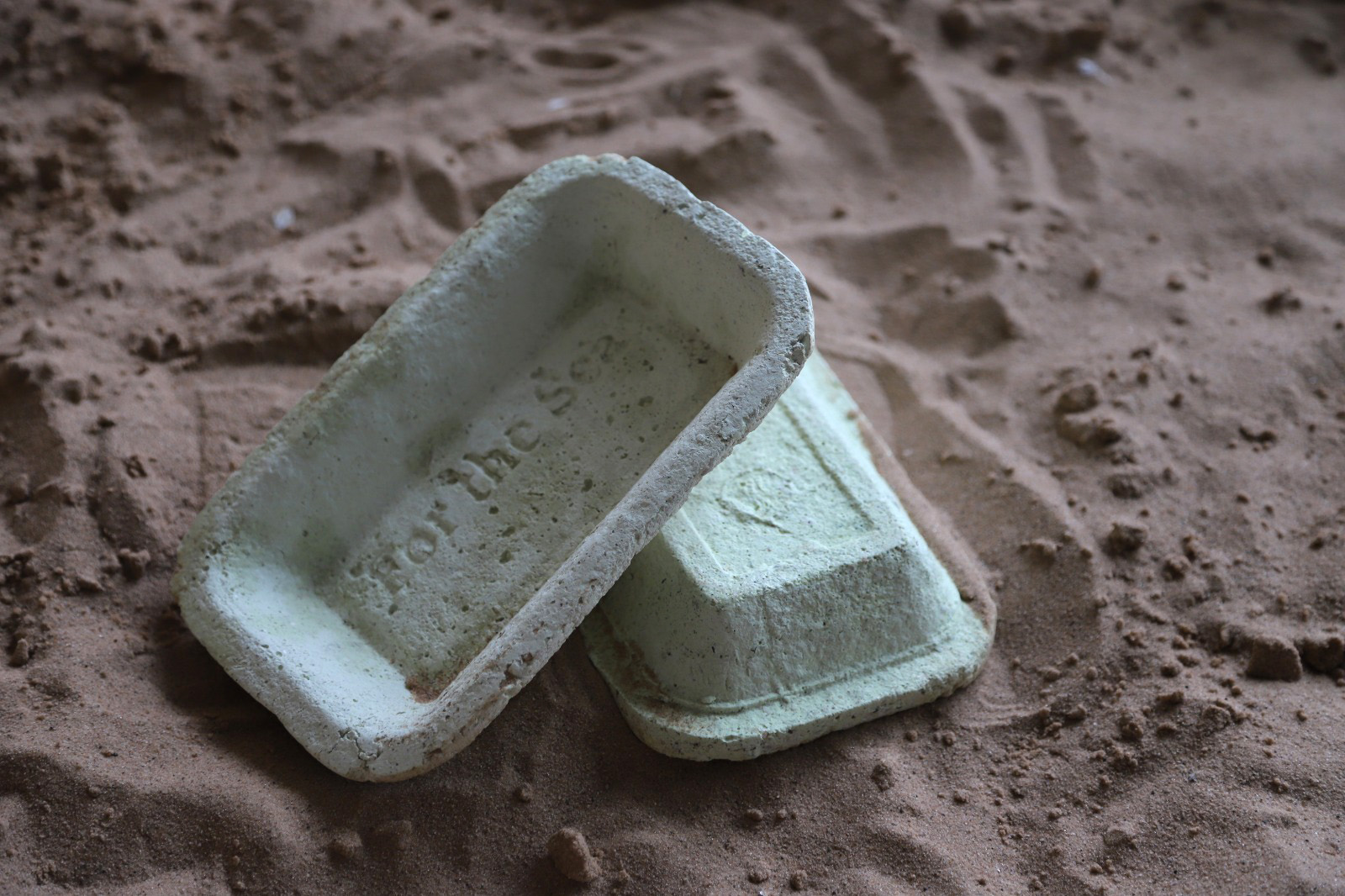
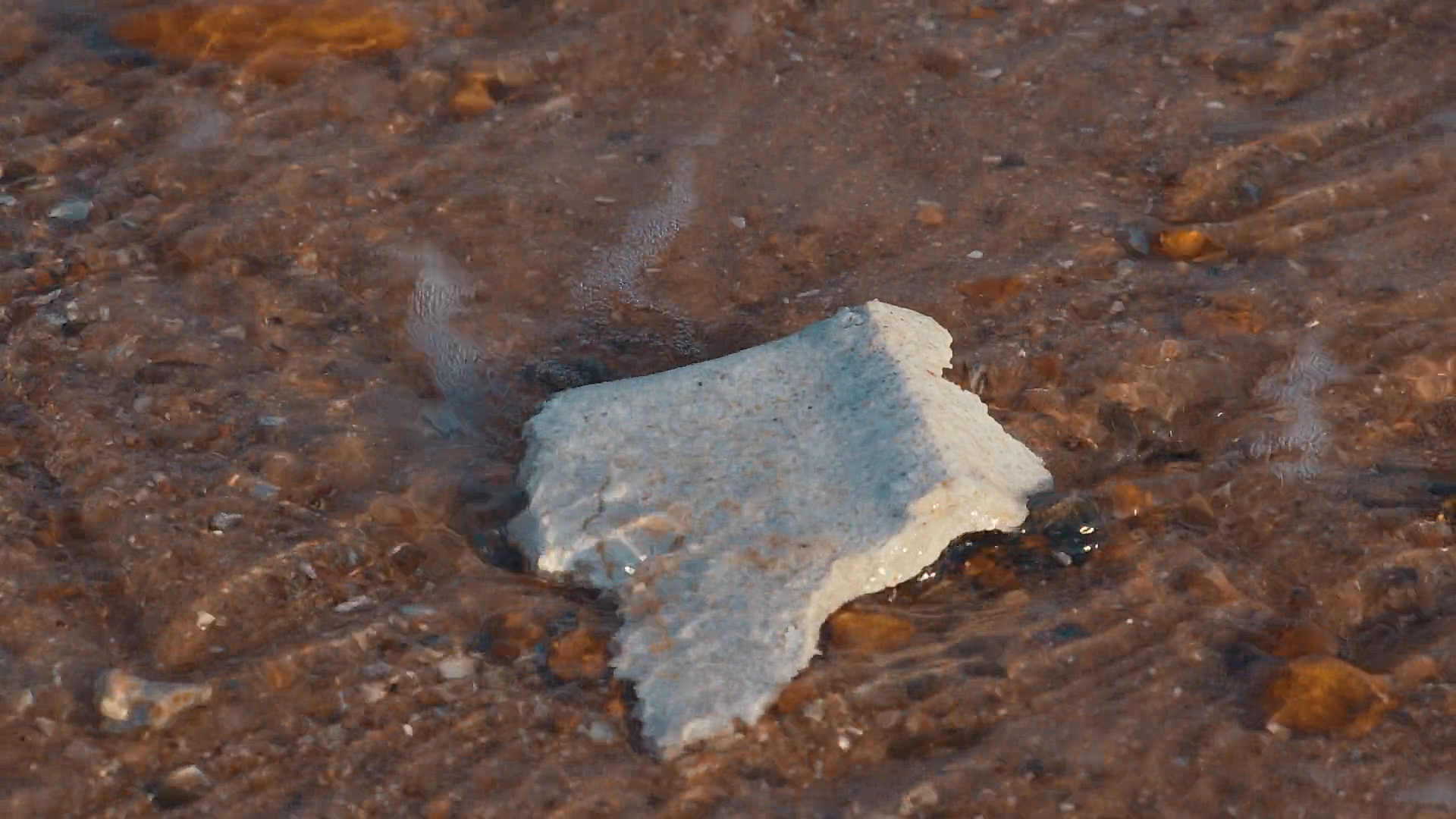







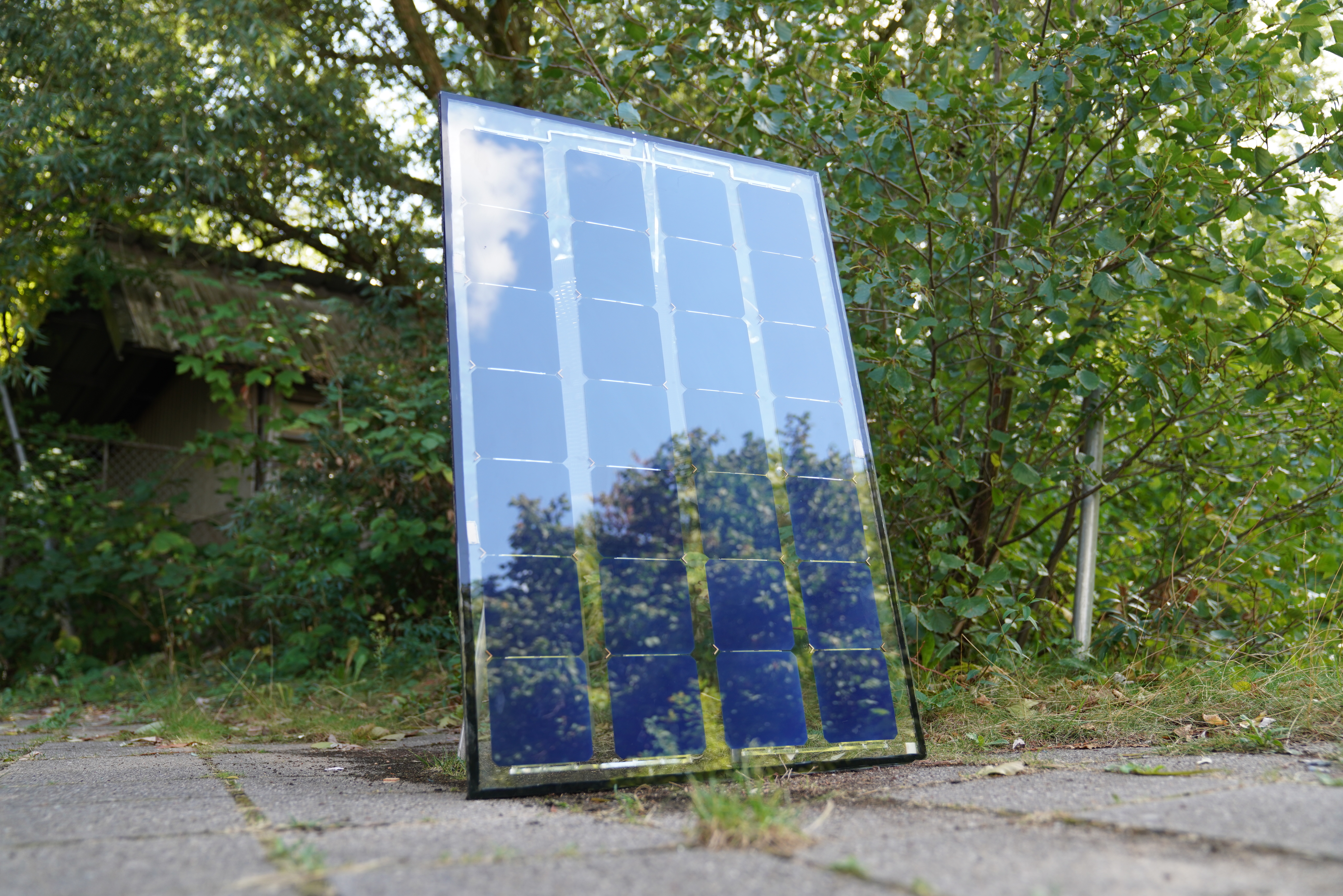
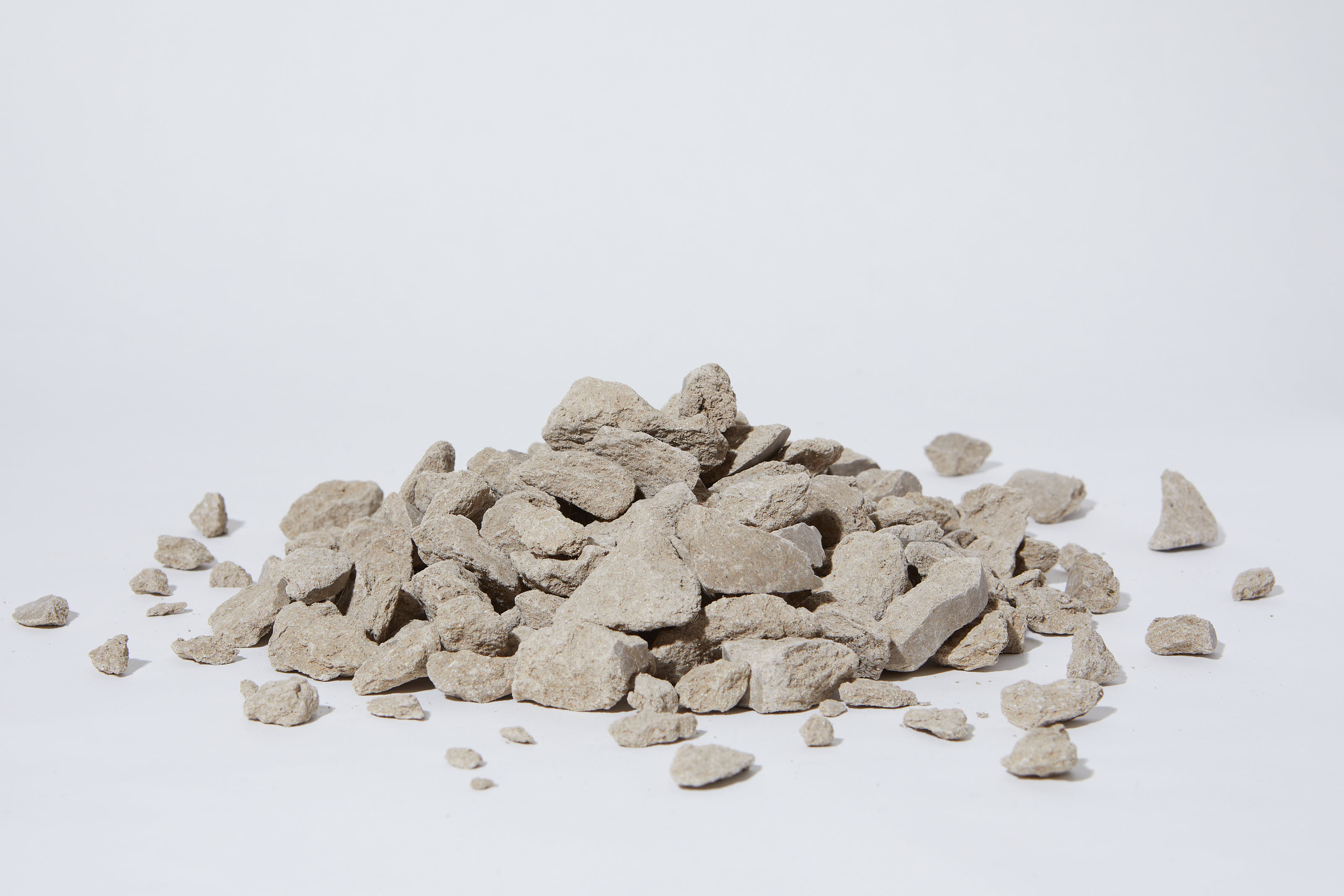
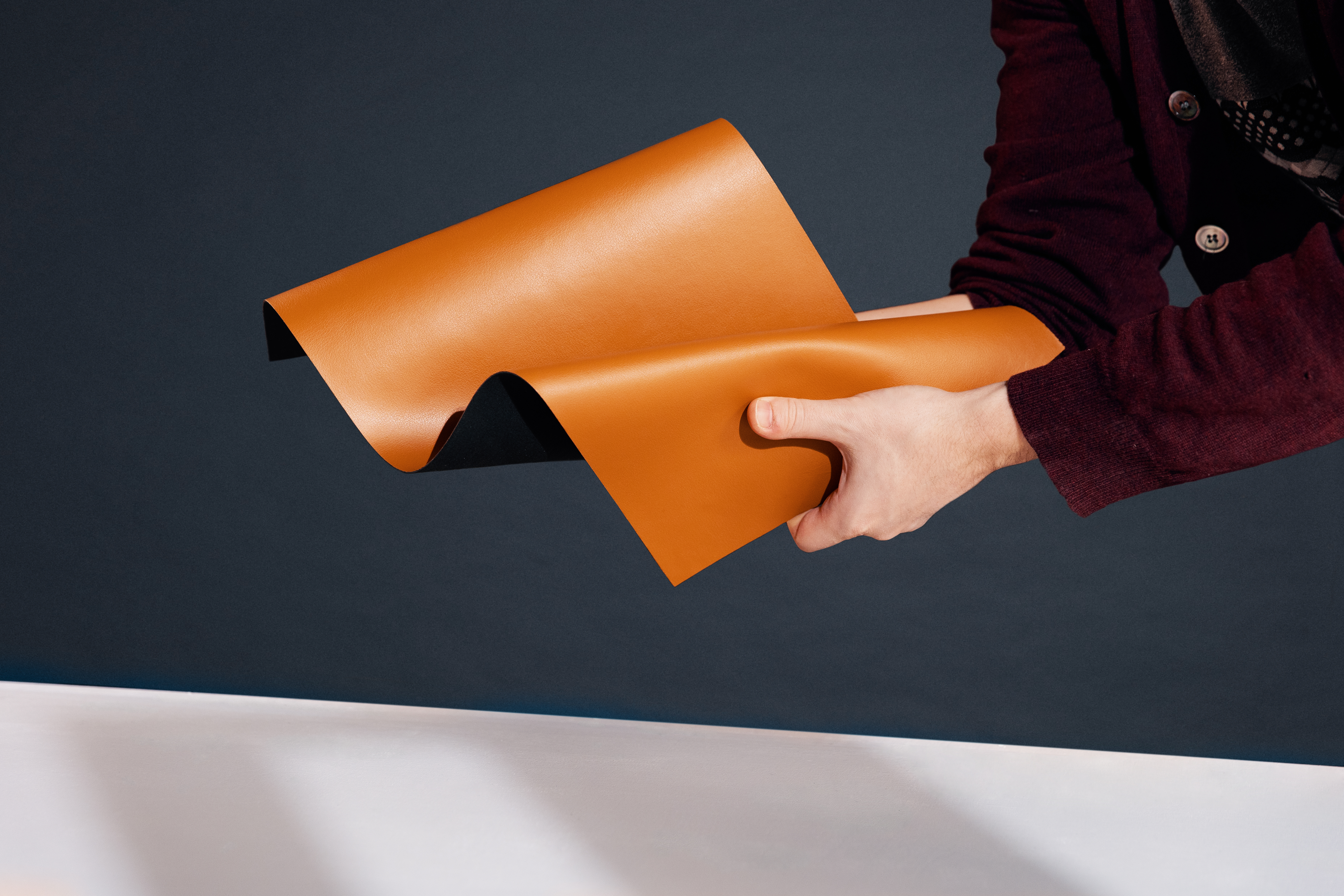
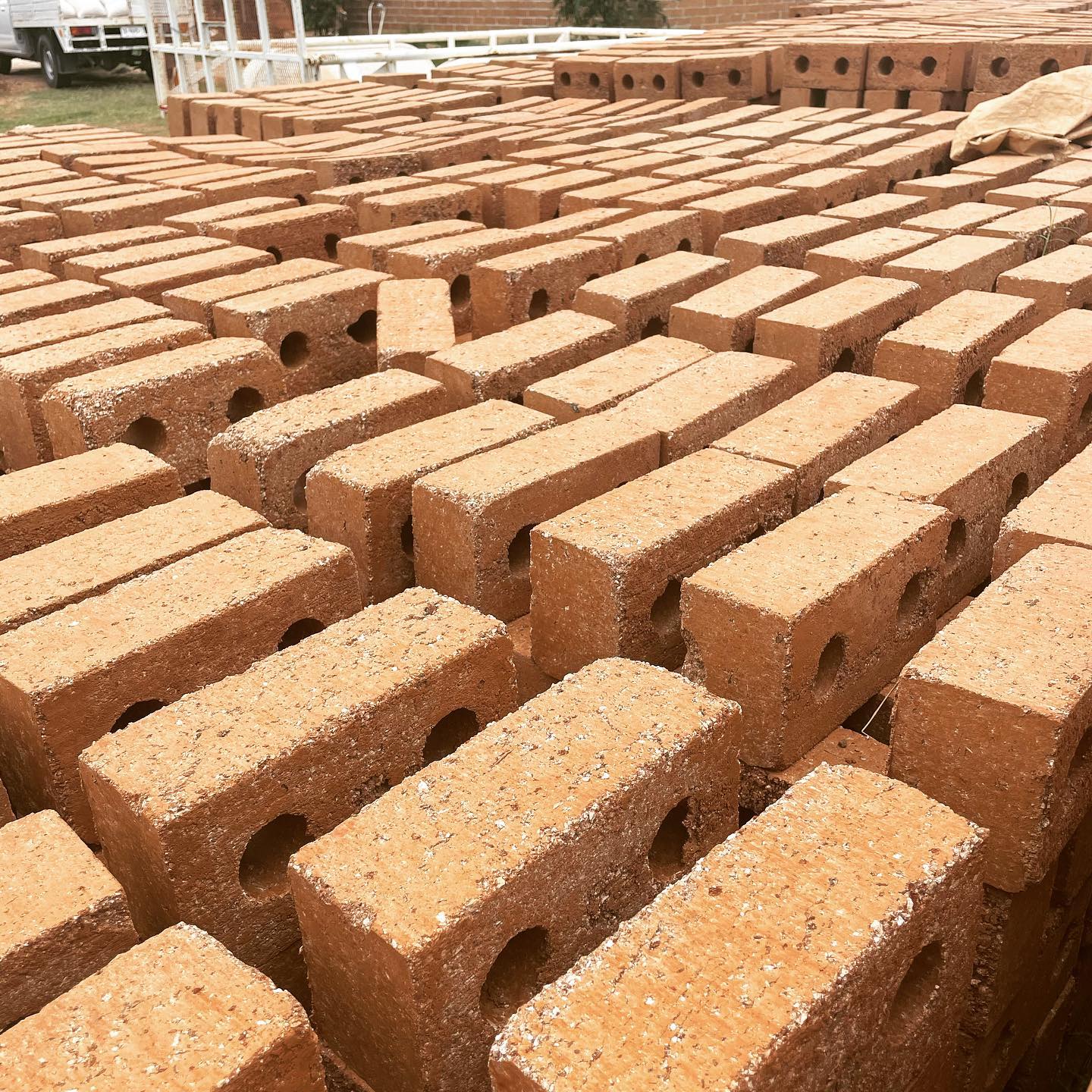
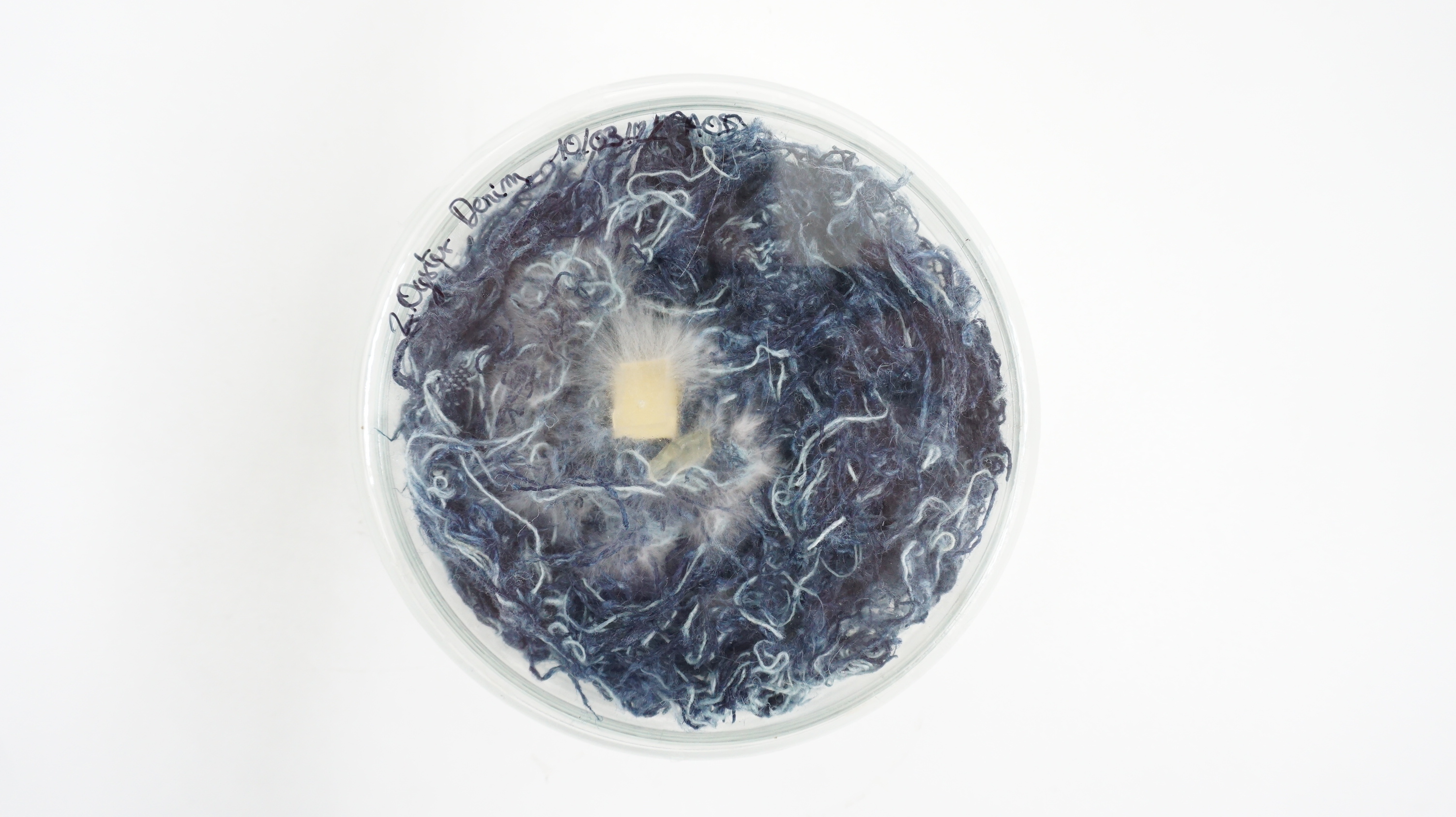

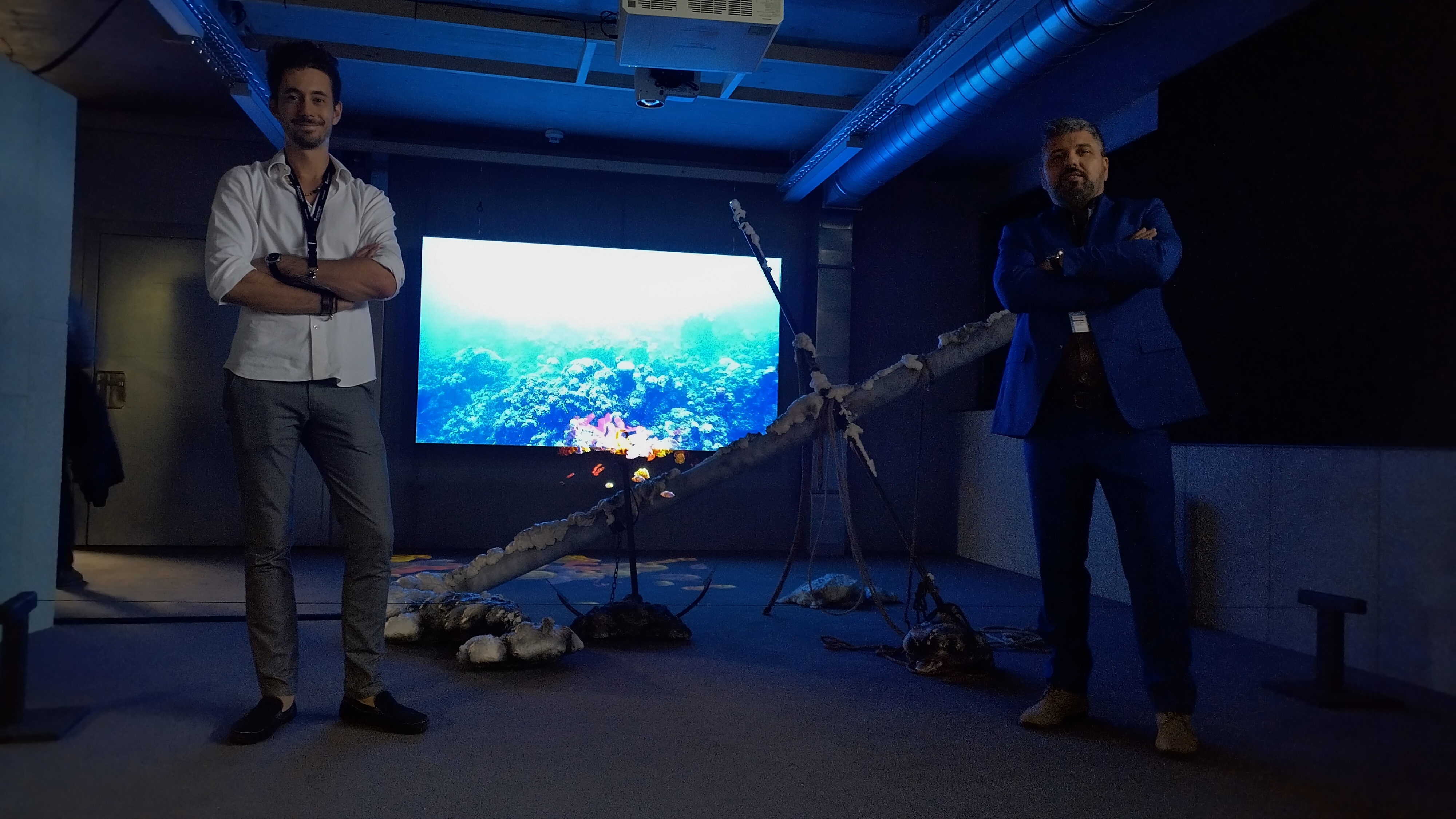
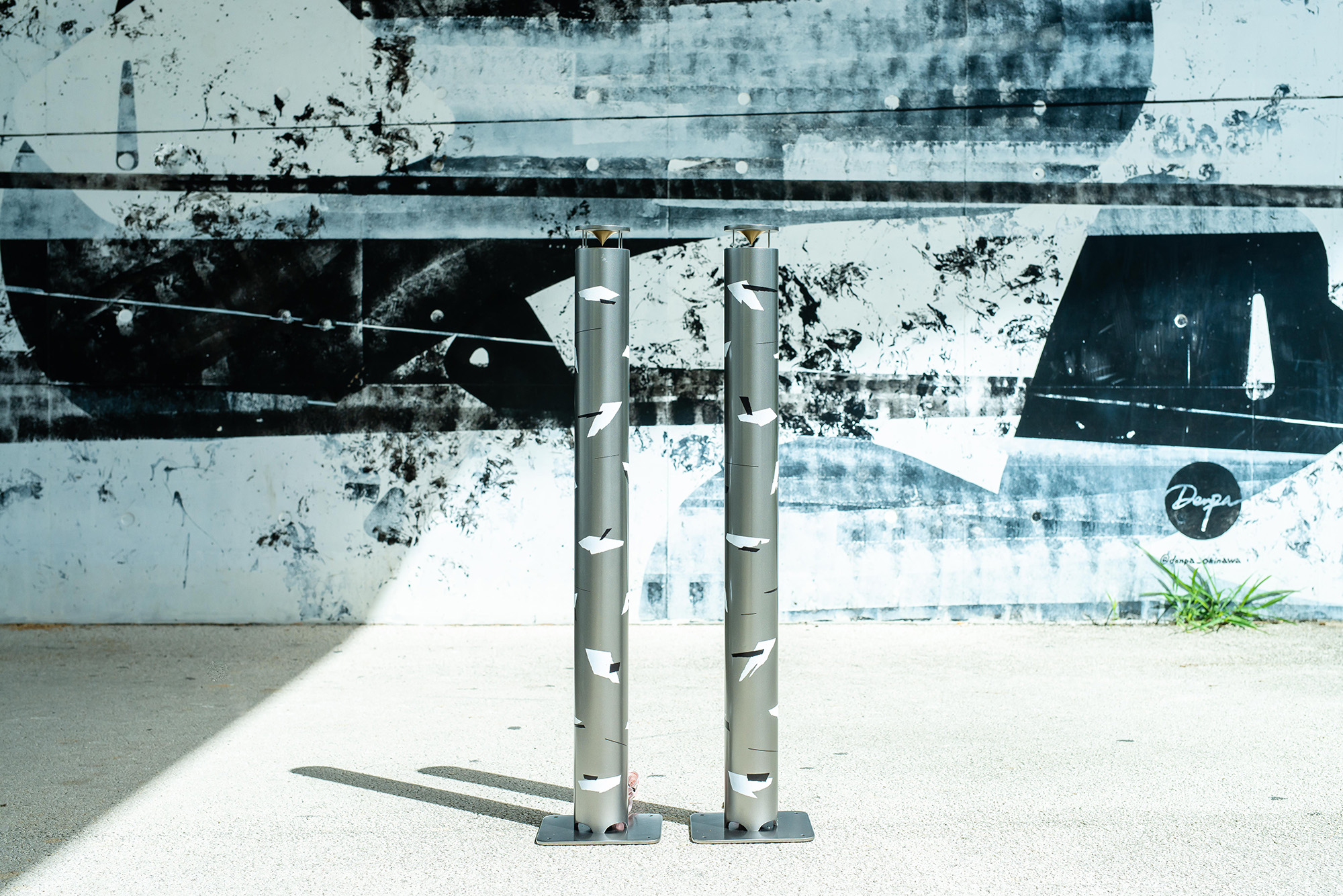
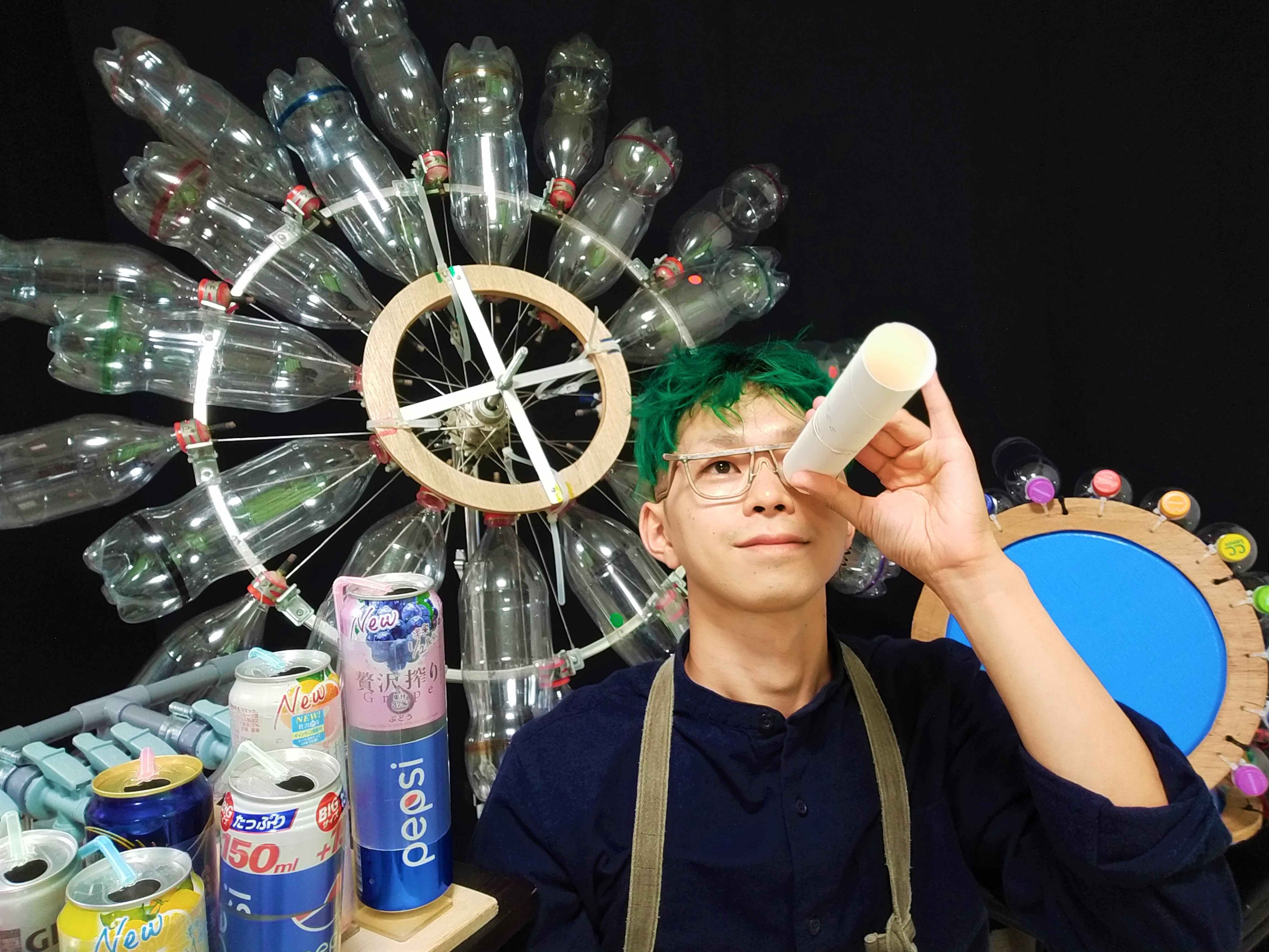
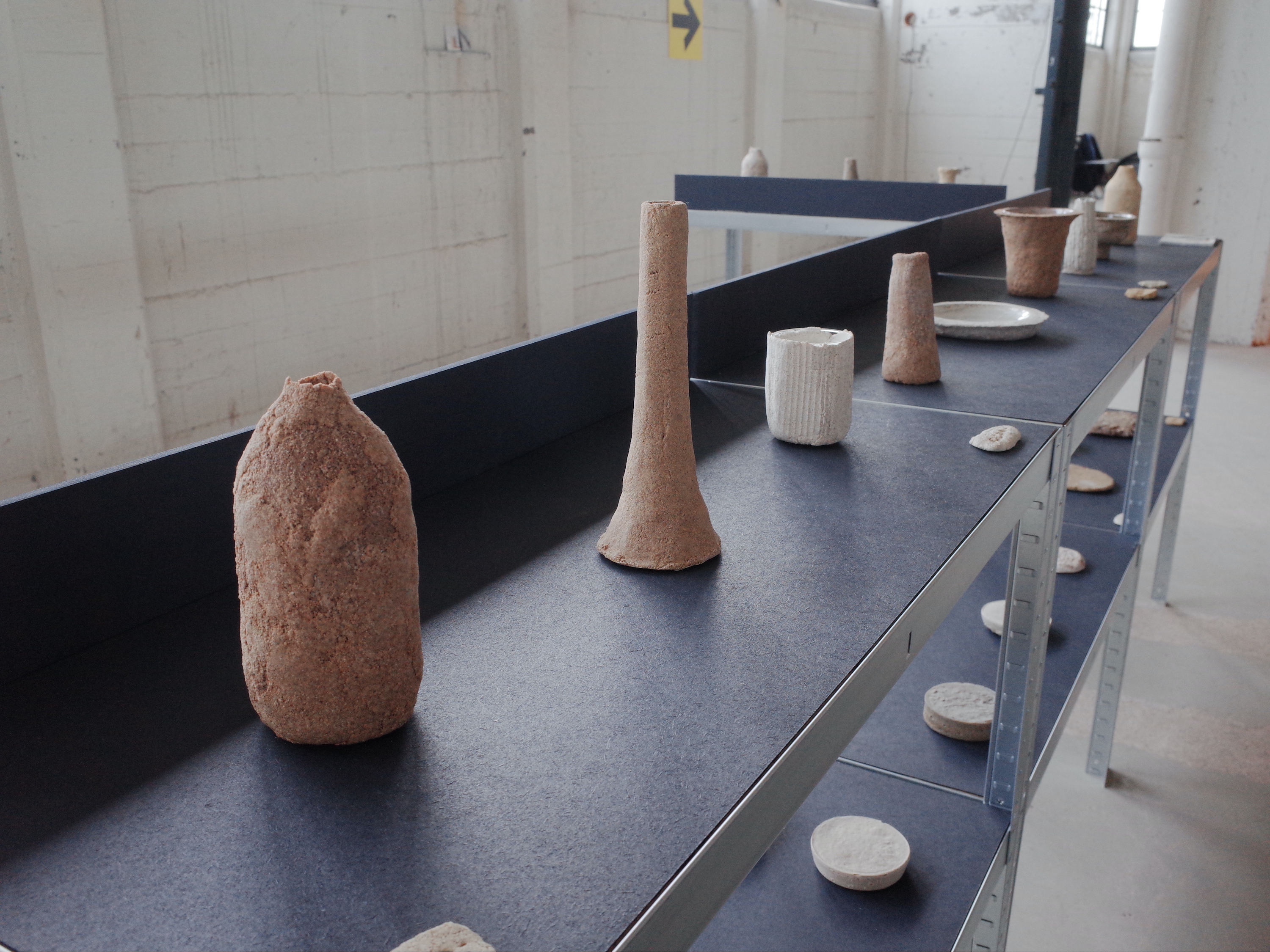

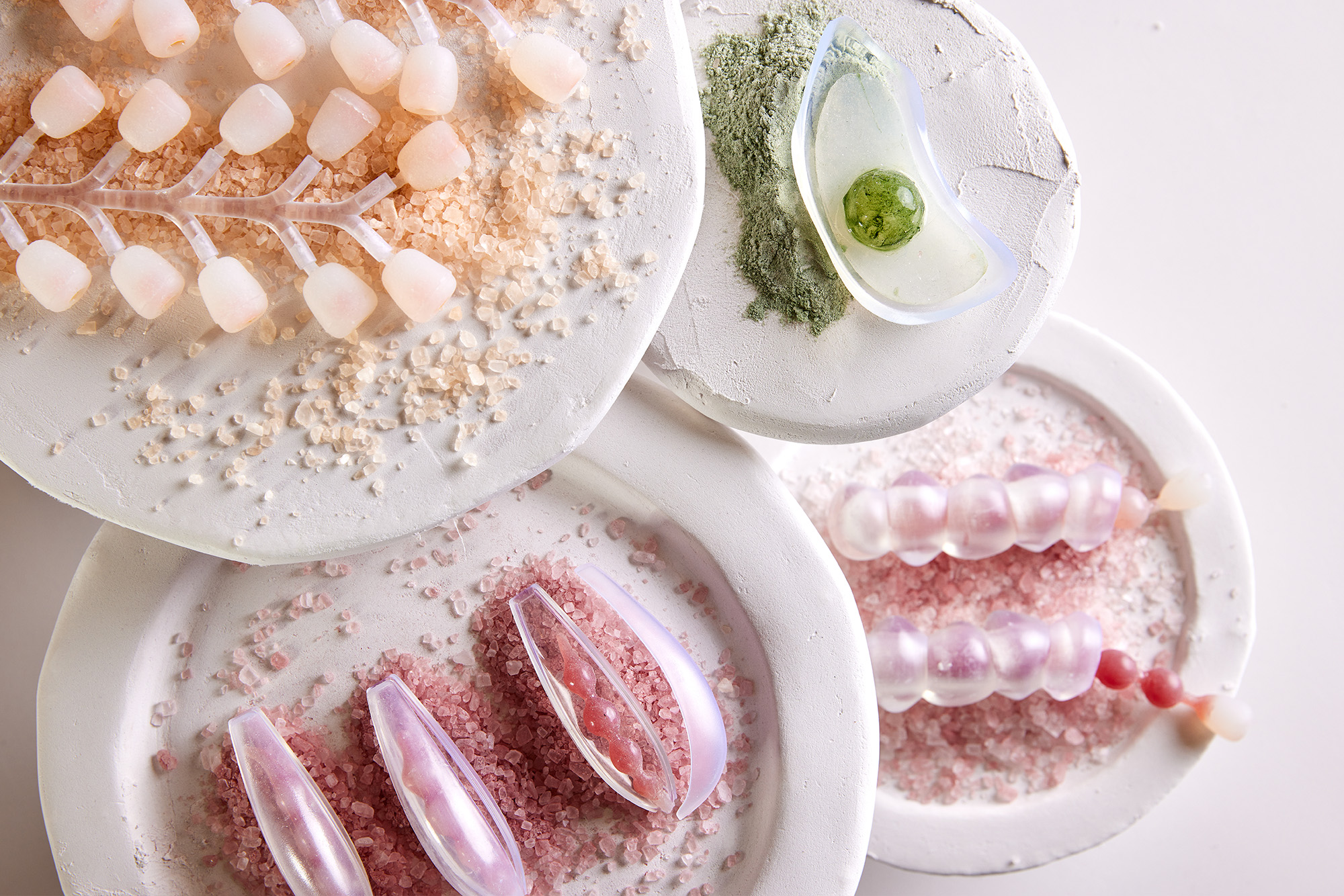
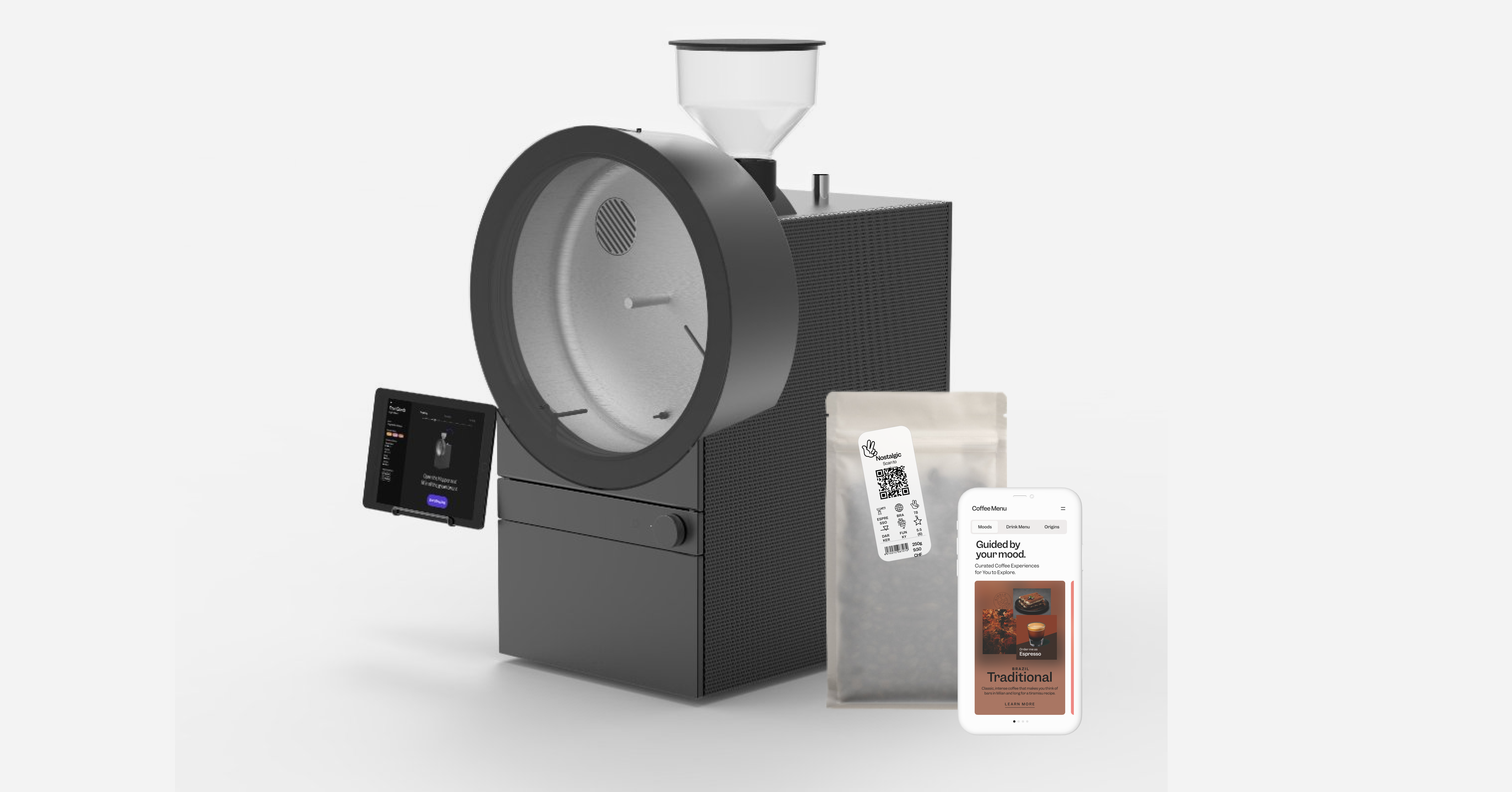

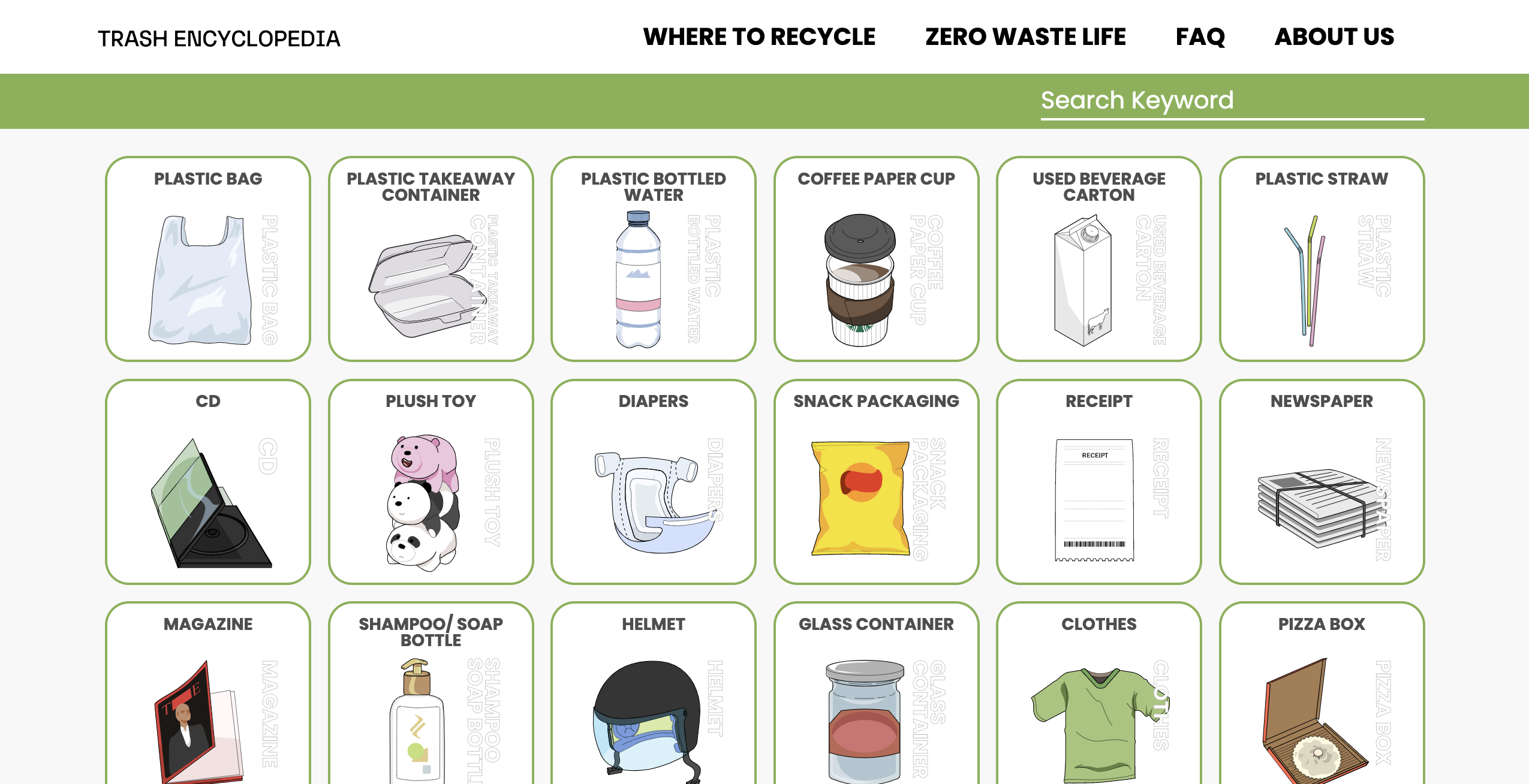
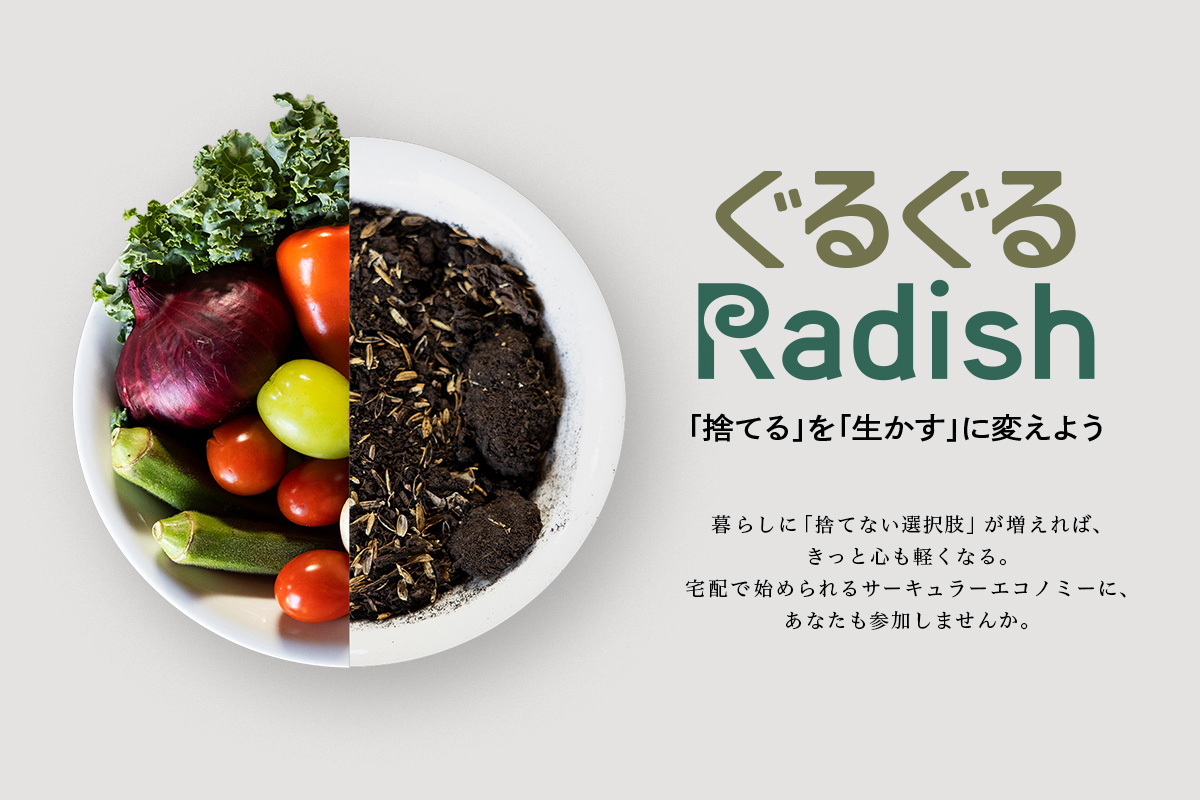
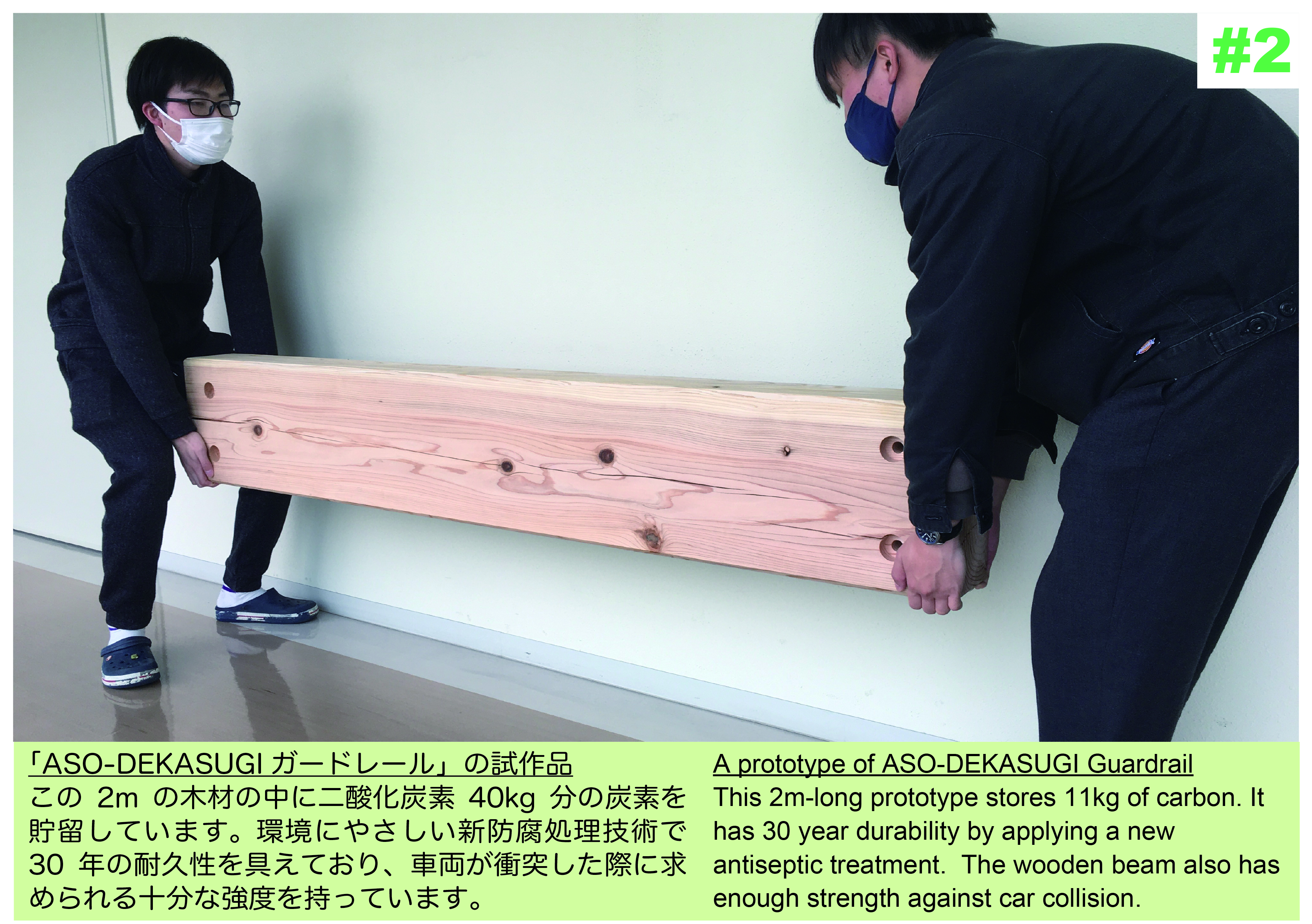

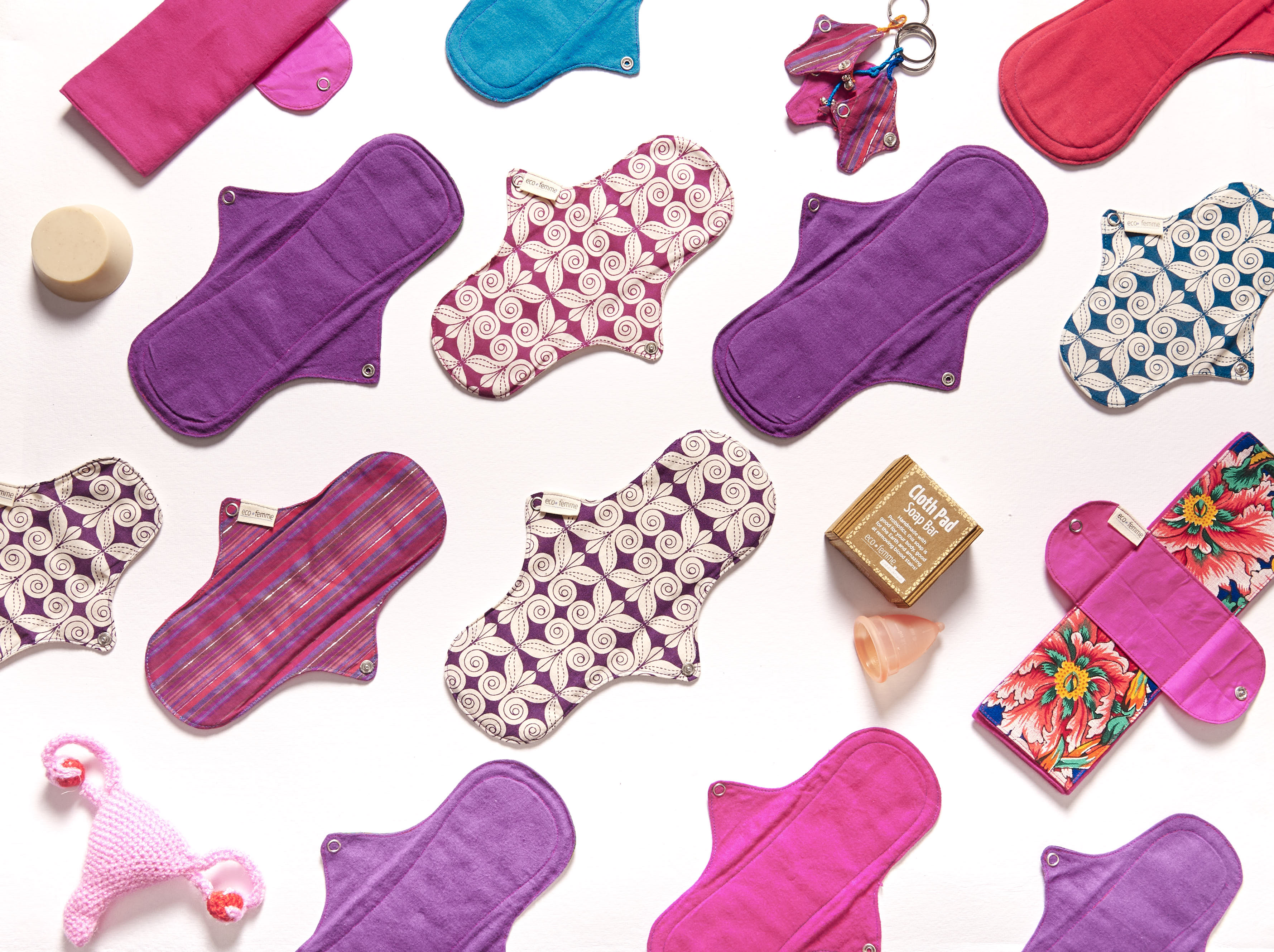
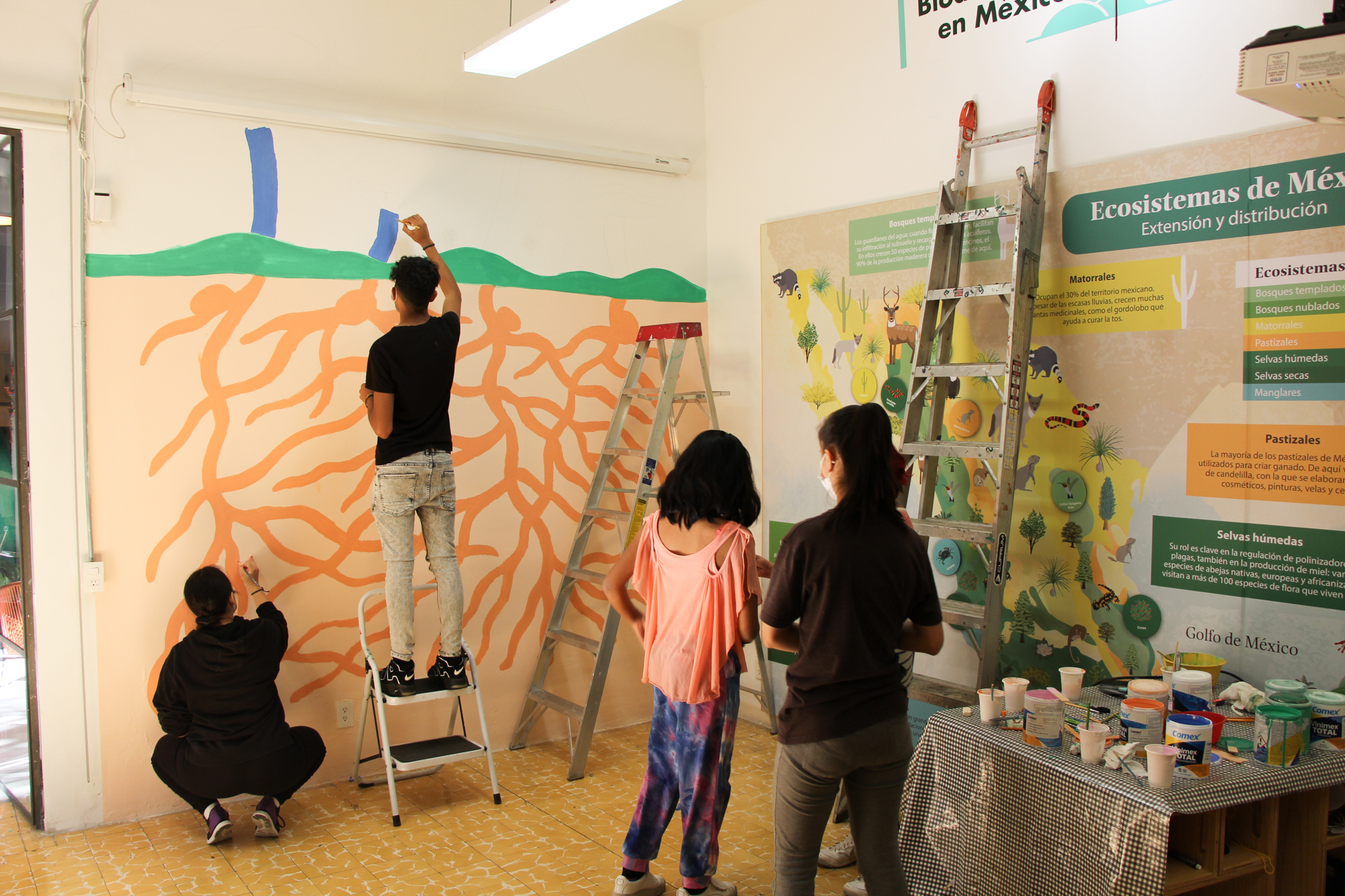
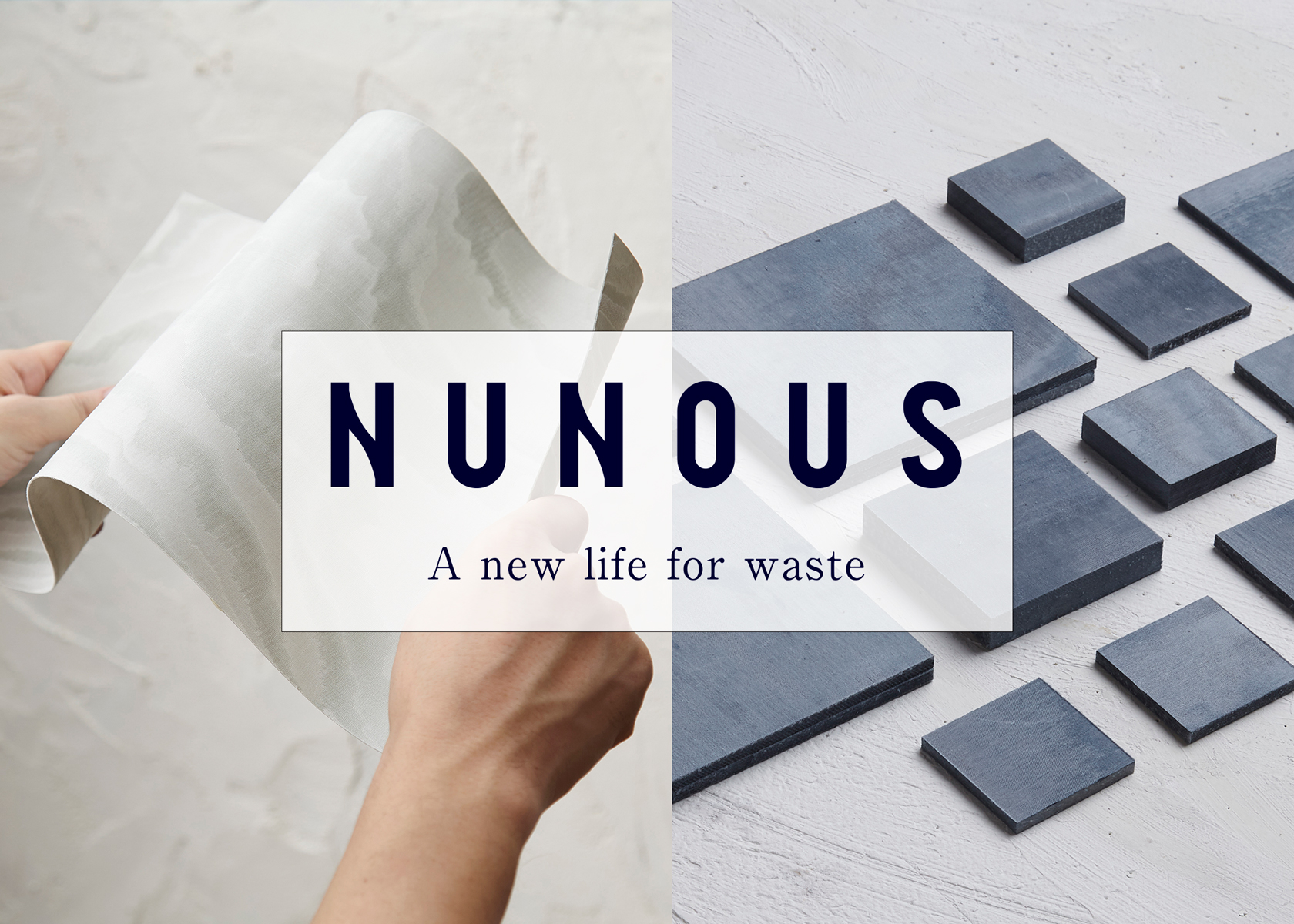
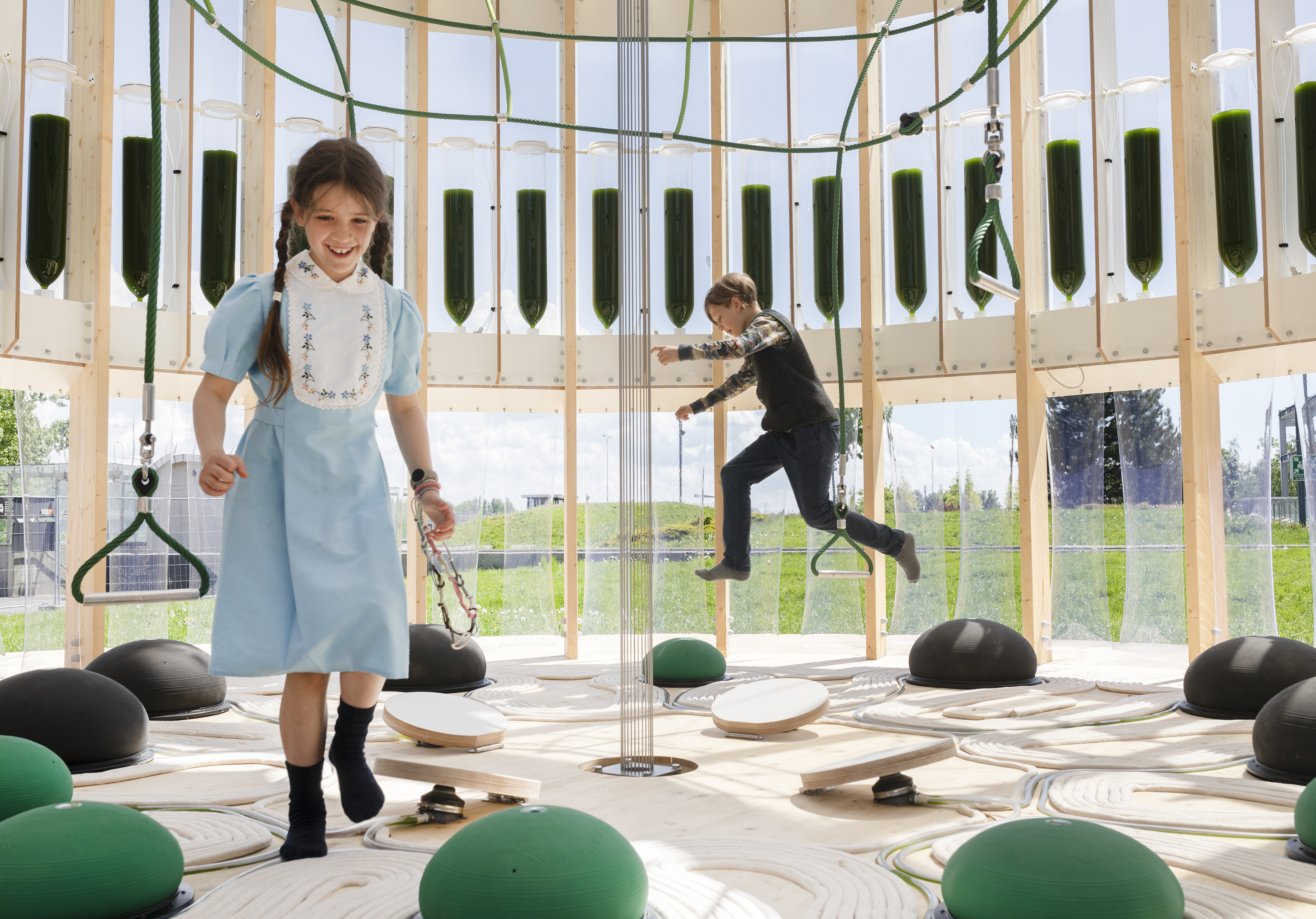
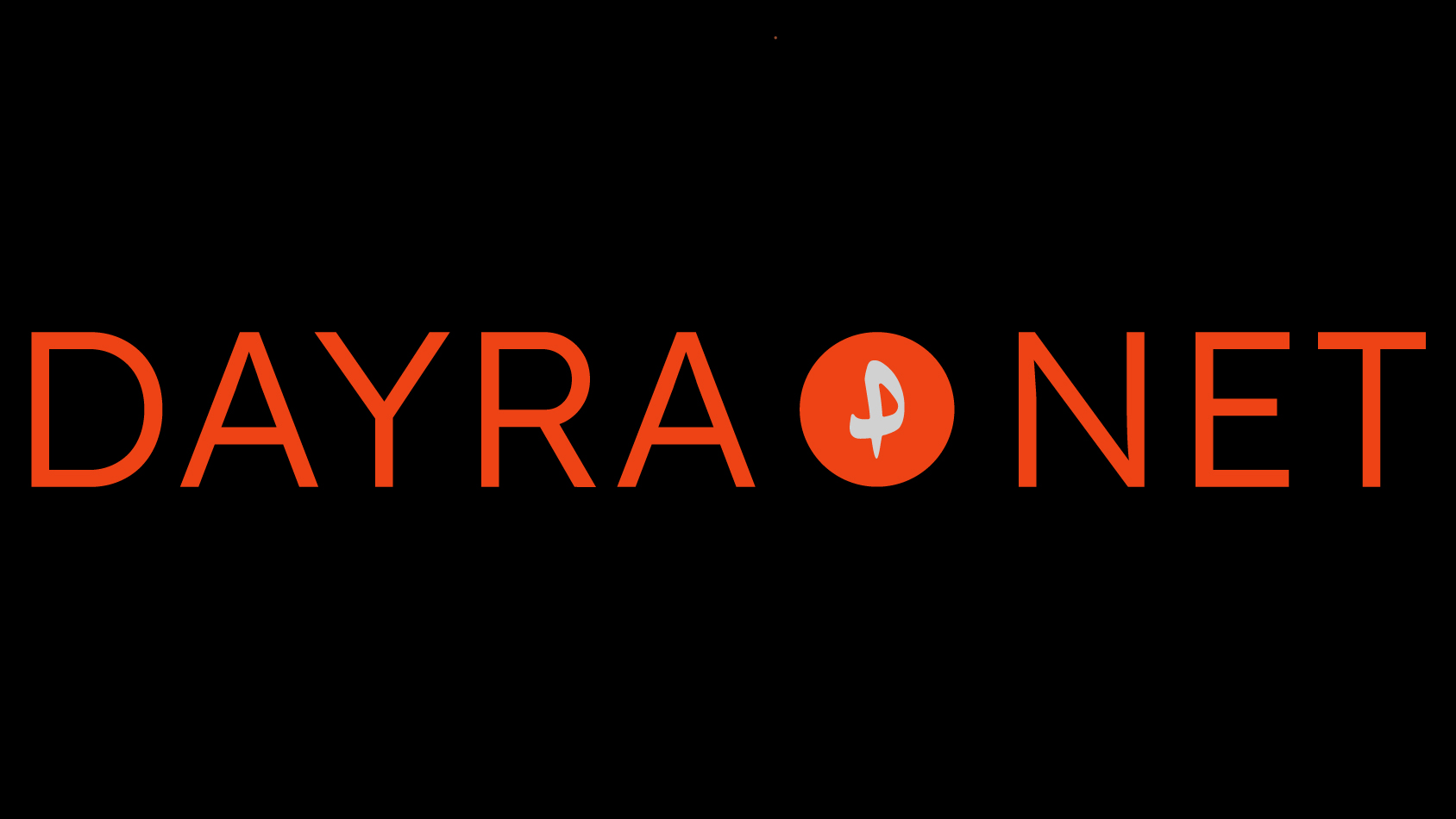
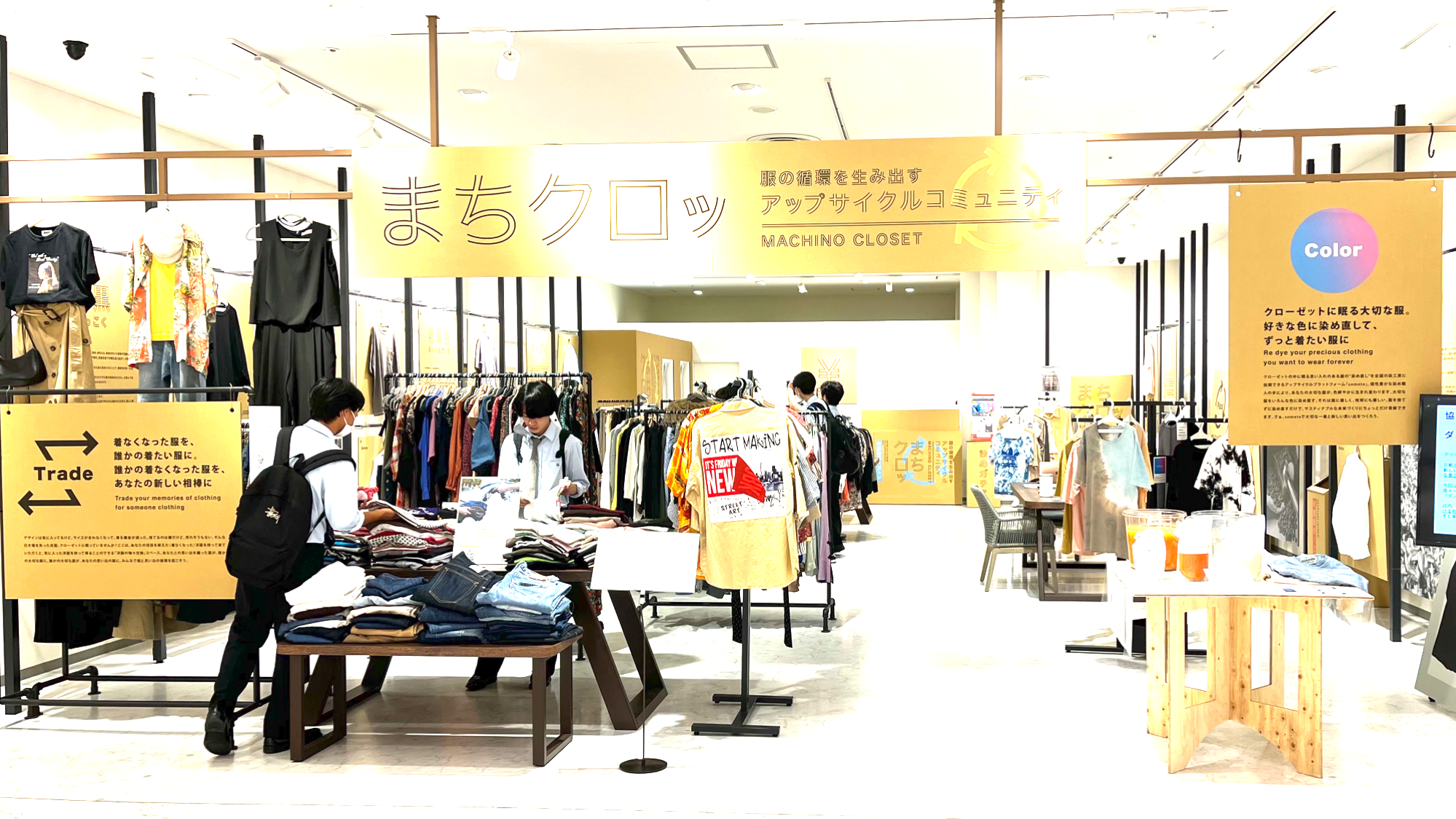
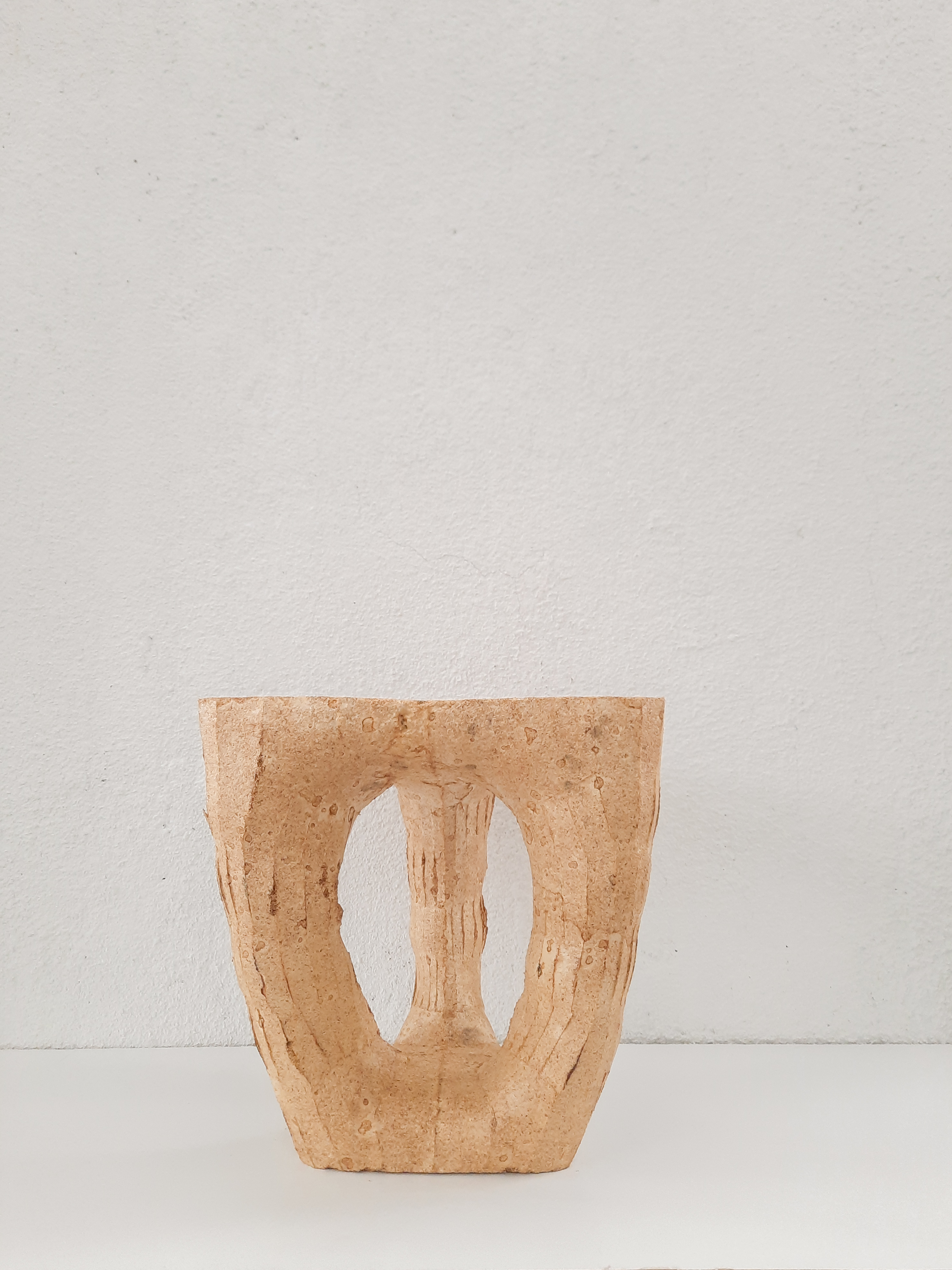
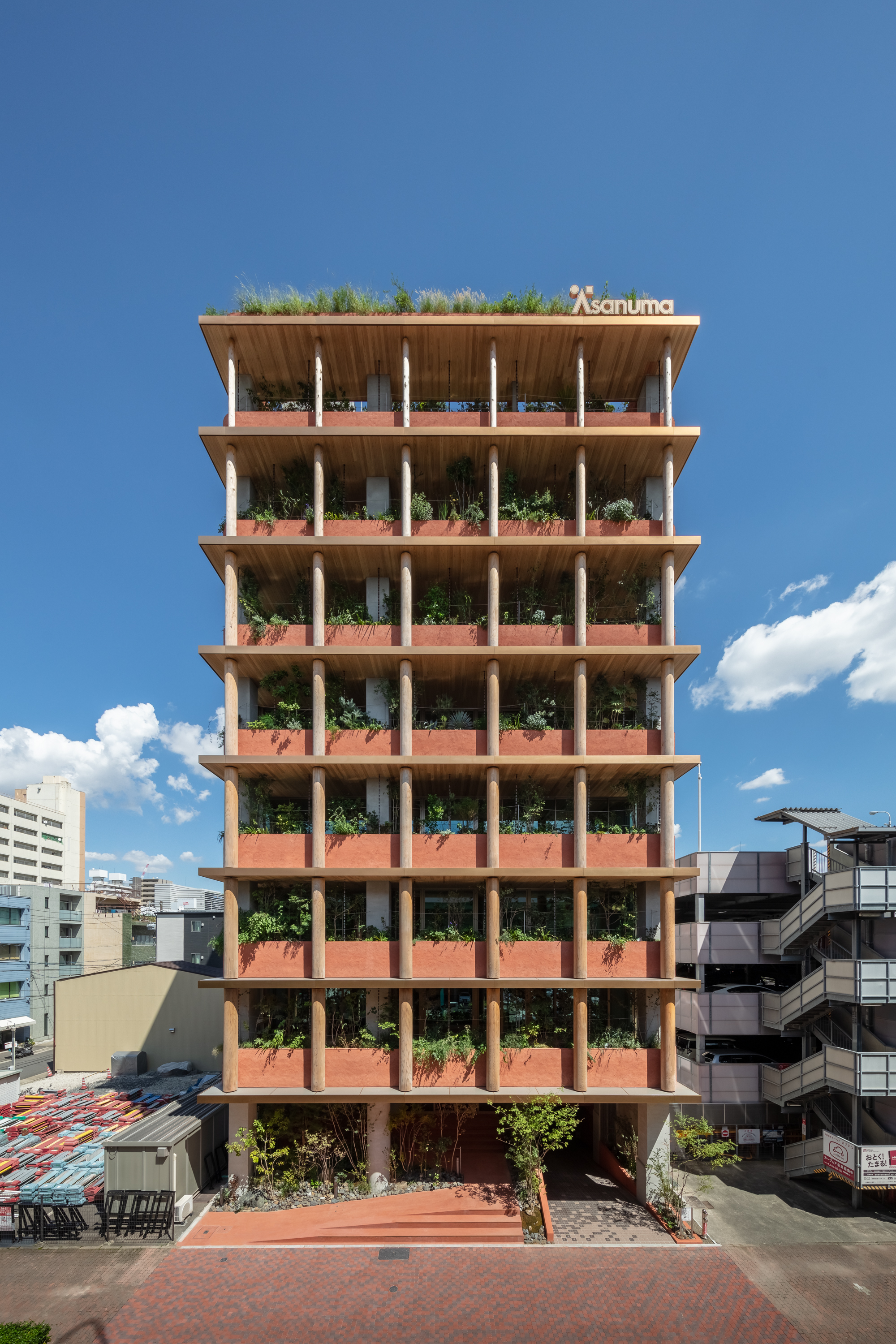

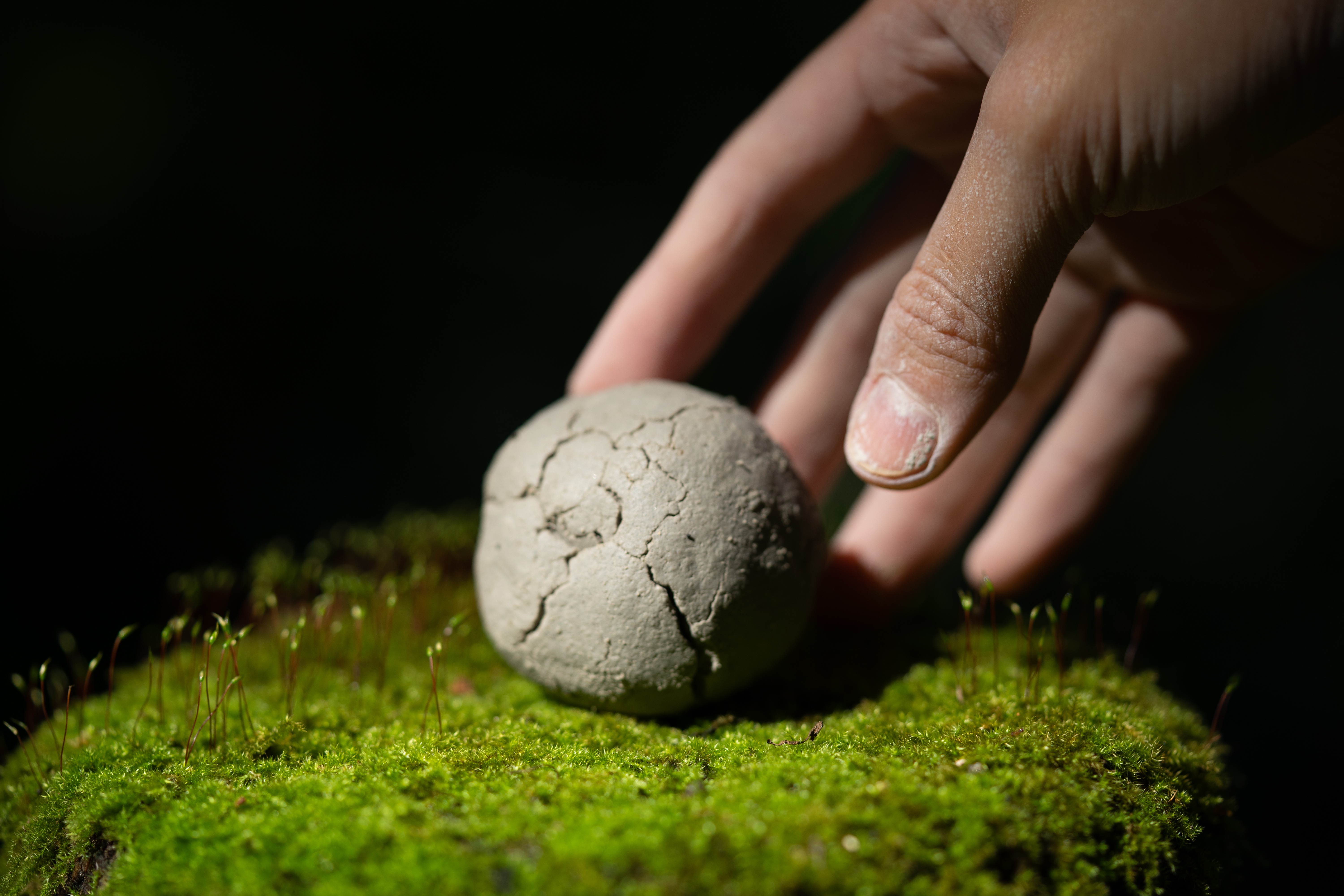
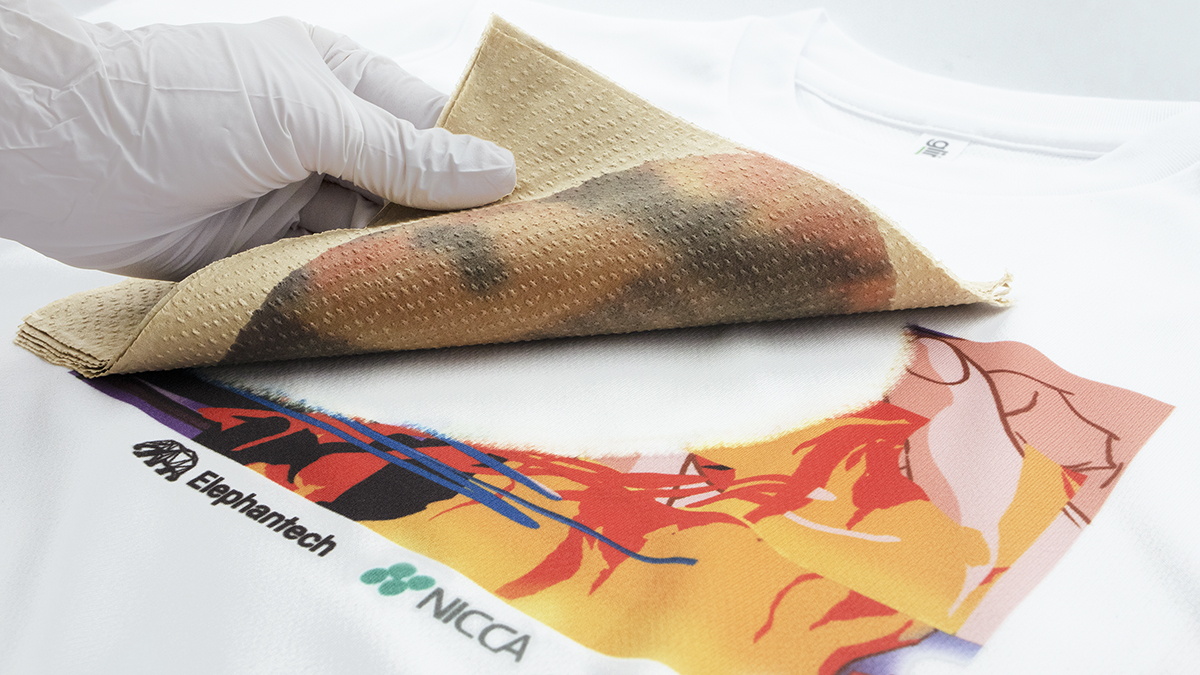
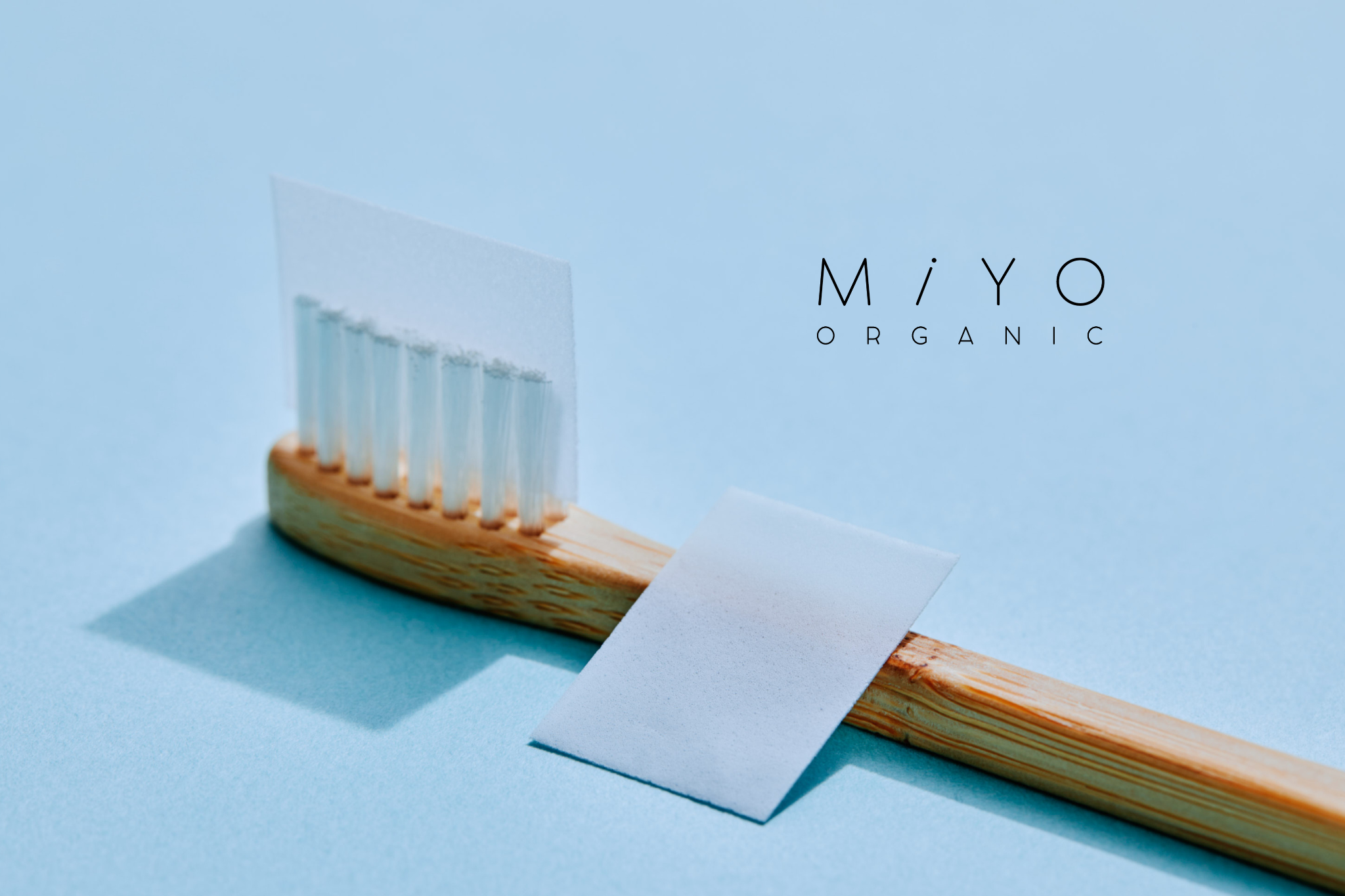
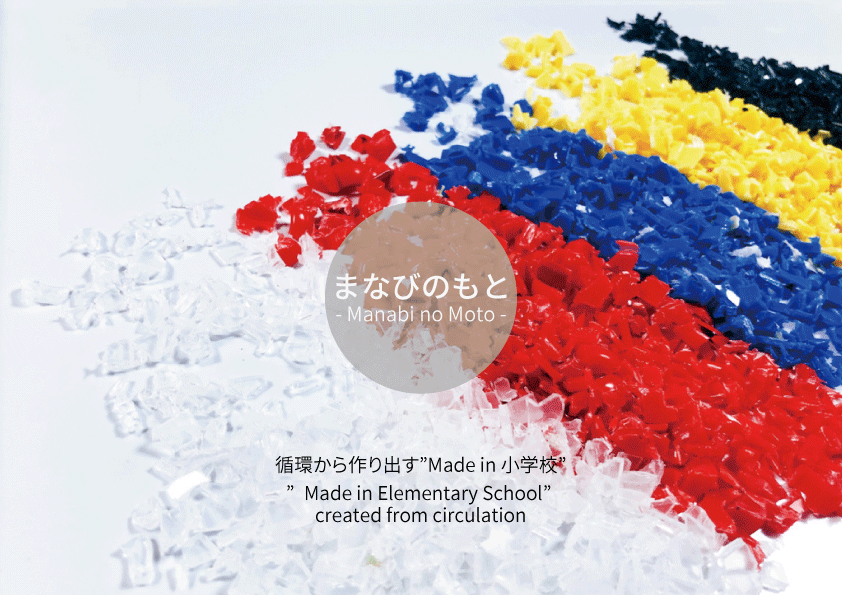
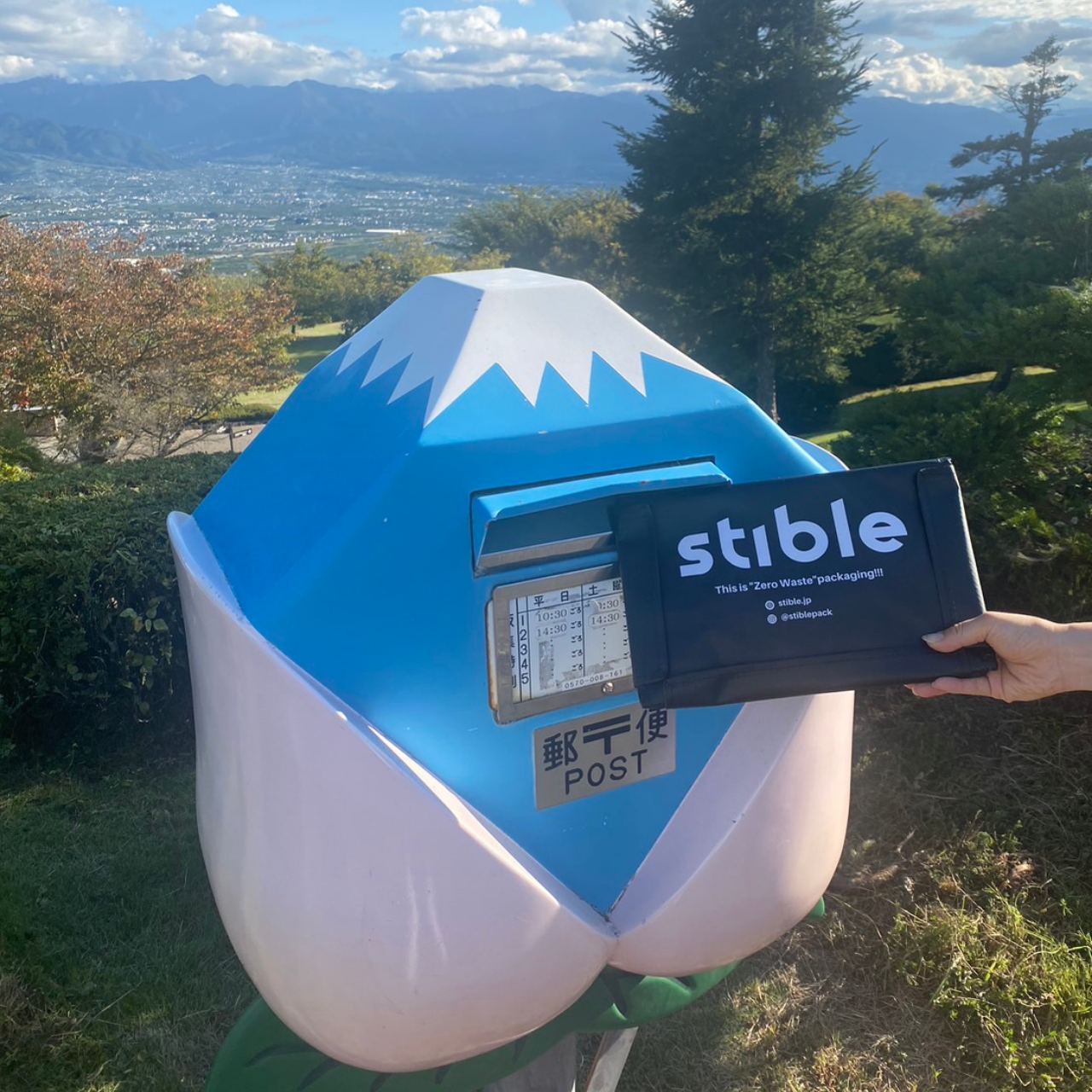
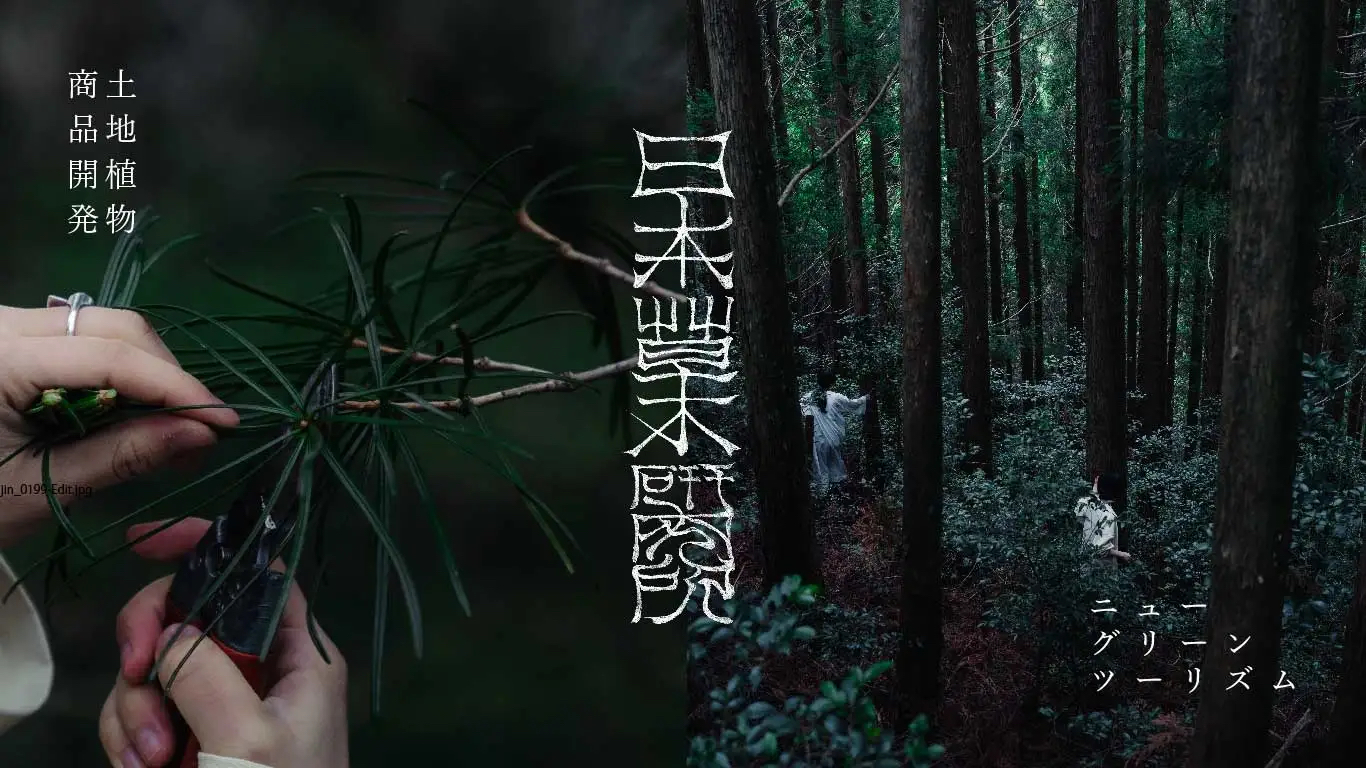
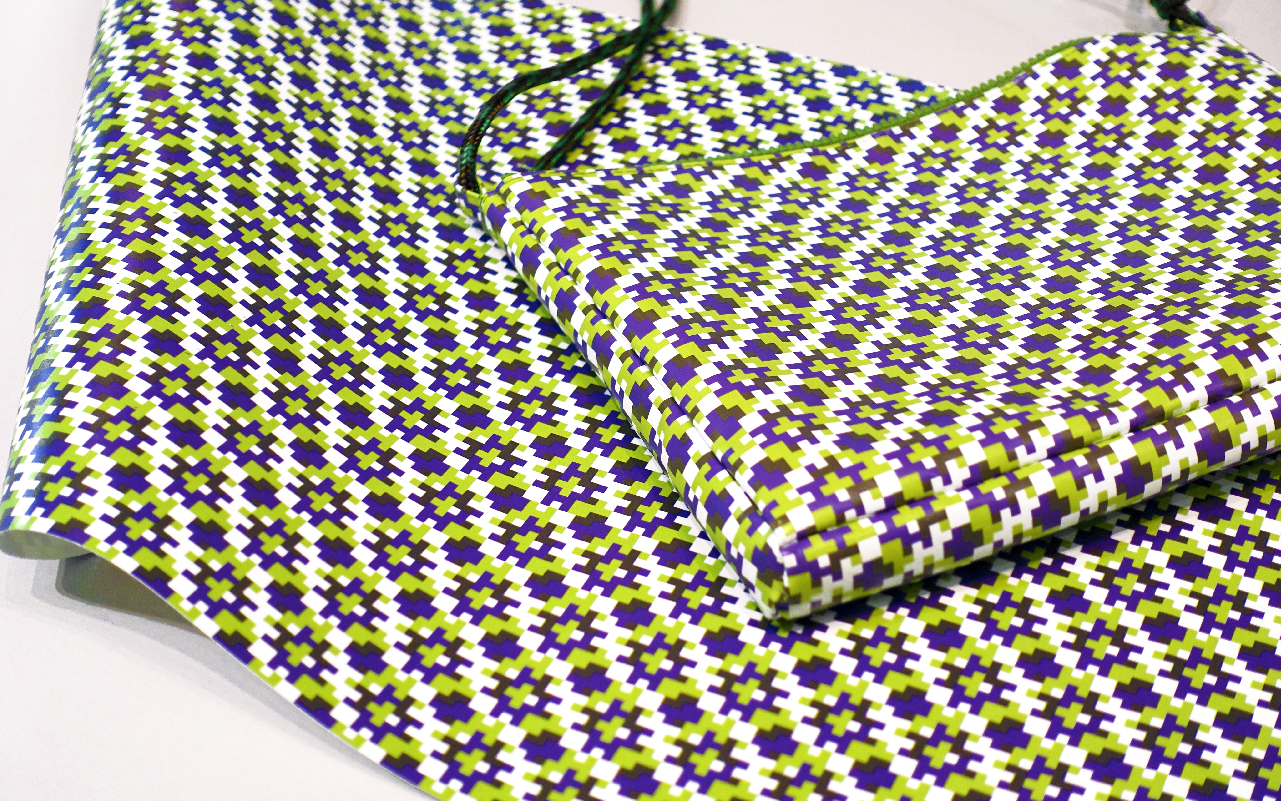
Comments from Judges
Kousuke Kinoshita
FabCafe Kyoto MTRL Marketing and Production
Post-Enlightenment Prize
I must admit I was surprised by a concept that encourages us to abandon empty food containers on the beach. Then again, no matter how much we promote enlightened attitudes towards waste management, there will always be people whose behavior we can’t change. This idea could be a shortcut to improving the marine environment through beach-going itself, regardless of individual attitudes towards waste. Implementation seems straightforward as the containers are simple to manufacture and distribute, with economic benefits for restaurants that dispose of oyster shells and factories that make the containers. The system is designed to start small, and I could sense real possibilities here.
See All Winners